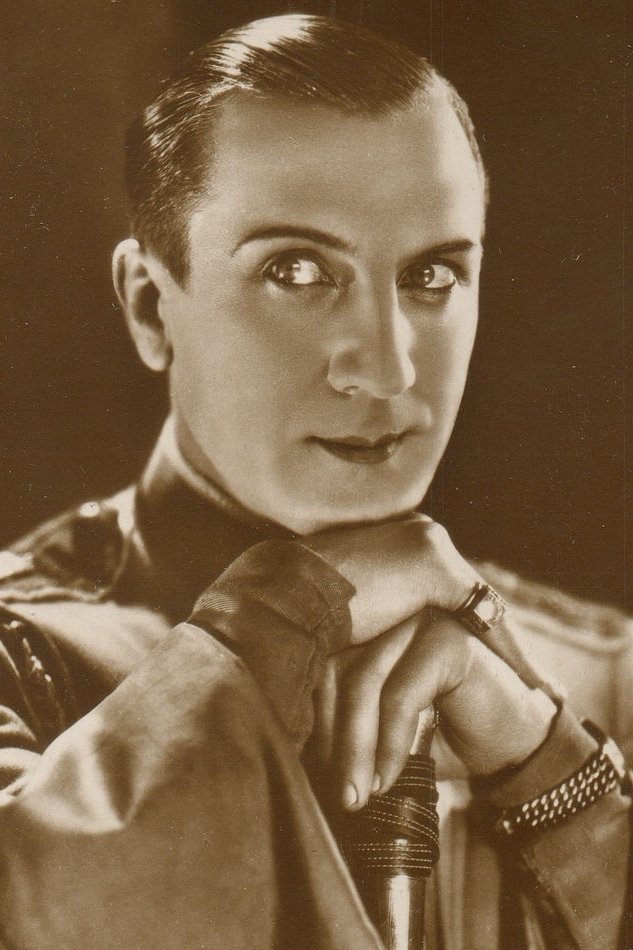
Ivan Mosjoukine
Ivan Ilyich Mozzhukhin, usually billed using the French transliteration Ivan Mosjoukine, was a Russian silent film actor, writer and director. Born in Kondol, in the Saratov Governorate of the Russian Empire (present-day Penza Oblast in Russia), Ivan Mozzhukhin was the youngest of four brothers. His mother Rachel Ivanovna Mozzhukhina (née Lastochkina) was the daughter of a Russian Orthodox priest, while his father Ilya Ivanovich Mozzhukhin came from peasants and served as an estate manager for the noble Obolensky family. While all three elder brothers finished seminary, Ivan was sent to the Penza gymnasium for boys and later studied law at the Moscow State University. In 1910, he left academic life to join a troupe of traveling actors from Kiev, with which he toured for a year, gaining experience and a reputation for dynamic stage presence. Upon returning to Moscow, he launched his screen career with the 1911 adaptation of Tolstoy's The Kreutzer Sonata. Mosjoukine's most lasting contribution to the theoretical concept of film as image is the legacy of his own face in recurring representation of illusory reactions seen in Lev Kuleshov's psychological montage experiment which demonstrated the Kuleshov Effect. In 1918, the first full year of the Russian Revolution, Kuleshov assembled his revolutionary illustration of the application of the principles of film editing out of footage from one of Mosjoukine's Tsarist-era films which had been left behind when he, along with his entire film production company, departed for the relative safety of Crimea in 1917. At the end of 1919, Mosjoukine arrived in Paris and quickly established himself as one of the top stars of the French silent cinema, starring in one successful film after another. Handsome, tall, and possessing a powerful screen presence, he won a considerable following as a mysterious and exotic romantic figure. Mosjoukine's film stardom was assured and during the 1920s, his face with the trademark hypnotic stare appeared on covers of film magazines all over Europe. He wrote the screenplays for most of his starring vehicles and directed two of them, L'Enfant du carnaval (Child of the Carnival), released on 29 August 1921 and Le Brasier ardent (The Blazing Inferno), released on 2 November 1923. The leading lady in both films was the then-"Madame Mosjoukine", Nathalie Lissenko. Brasier, in particular, was highly praised for its innovative and inventive concepts, but ultimately proved too surreal and bizarre to become financially successful. Ivan Mosjoukine died of tuberculosis in a Neuilly-sur-Seine clinic. All available sources give his age as 49 and year of birth as 1889. However, his gravestone at the Russian cemetery in the Parisian suburb of Sainte-Genevieve-des-Bois is inscribed with the year 1887.
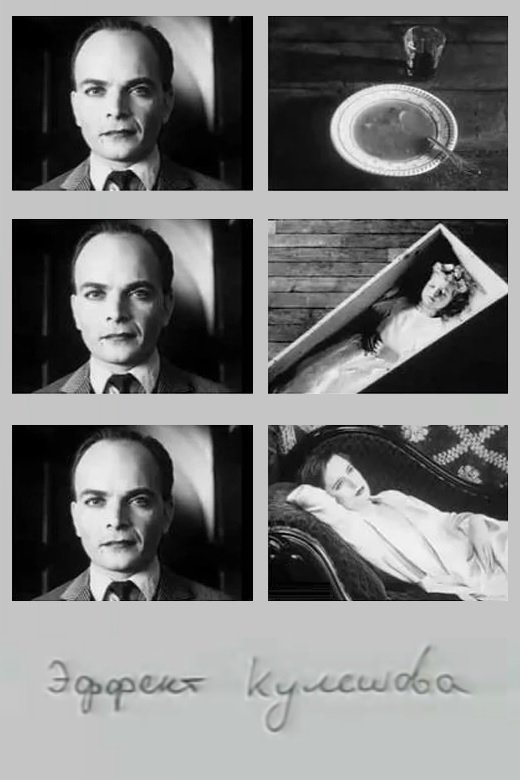
Kuleshov Effect
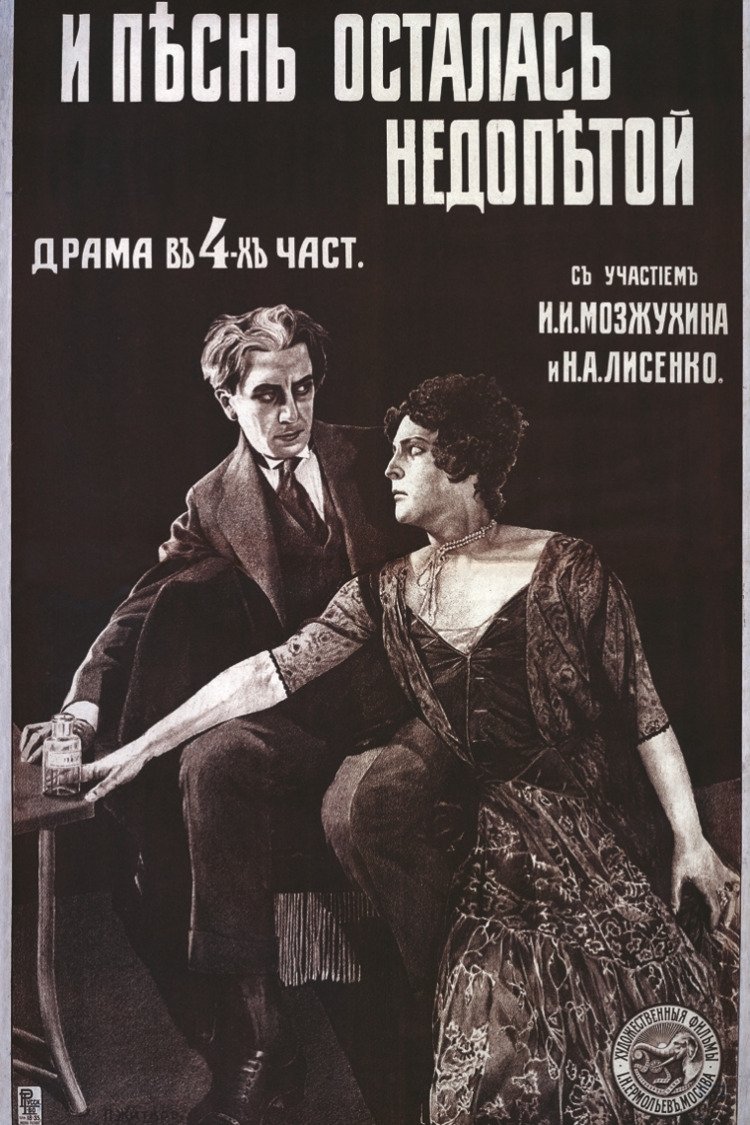
And The Song Remained Unfinished
(Doctor Rakitin)
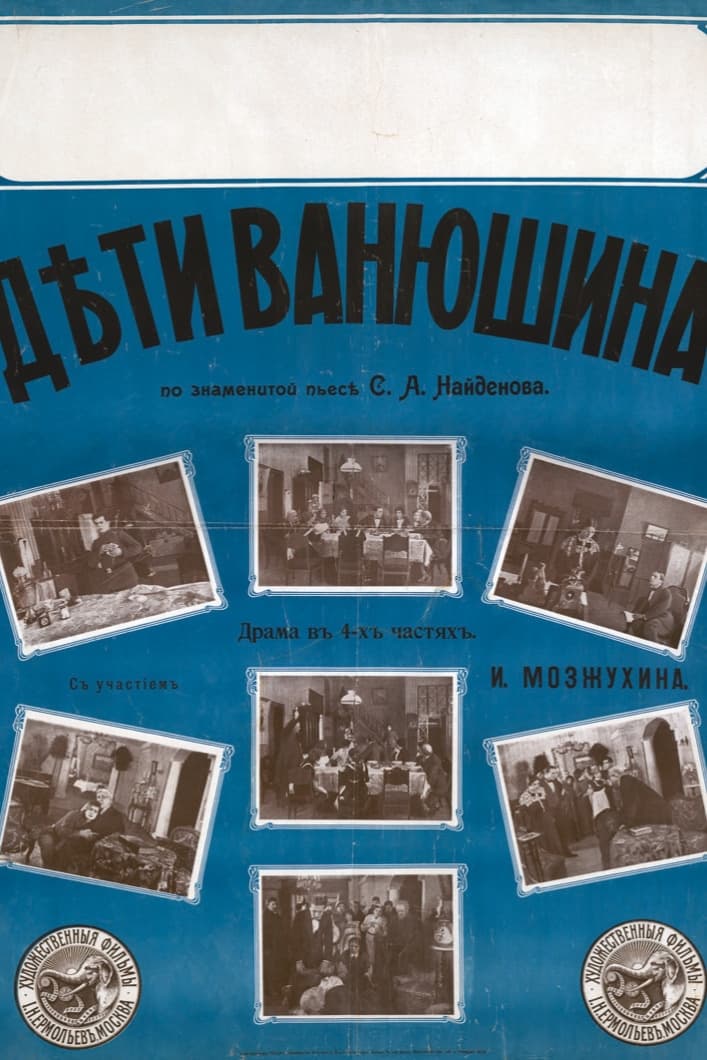
Vanyushin's Children
(Aleksey)
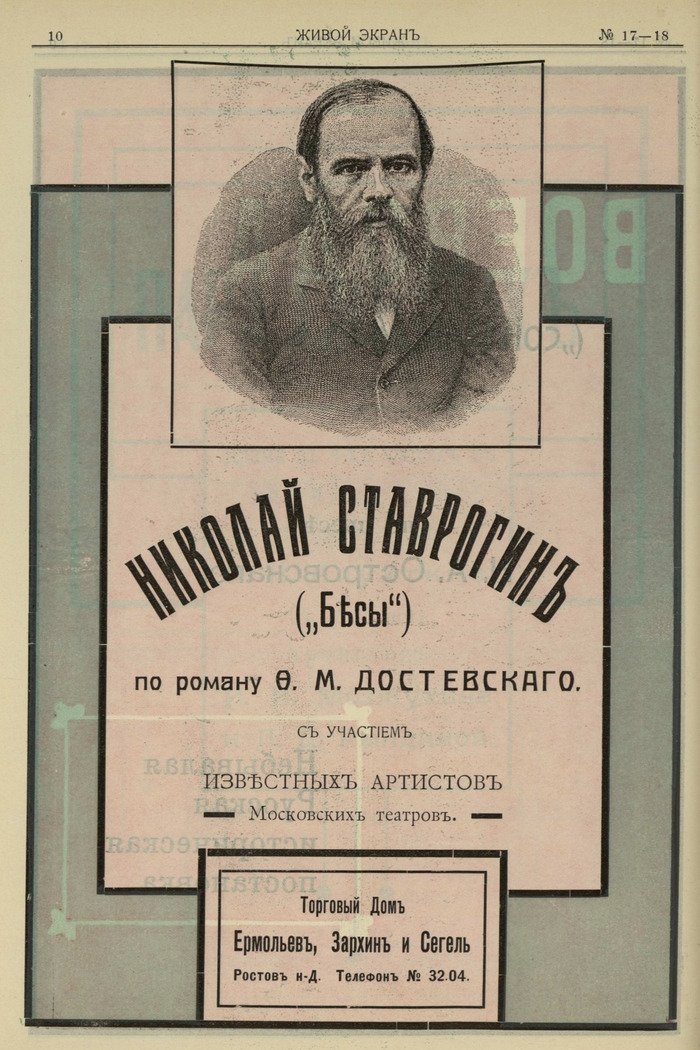
Nikolay Stavrogin
(Nikolay Stavrogin)
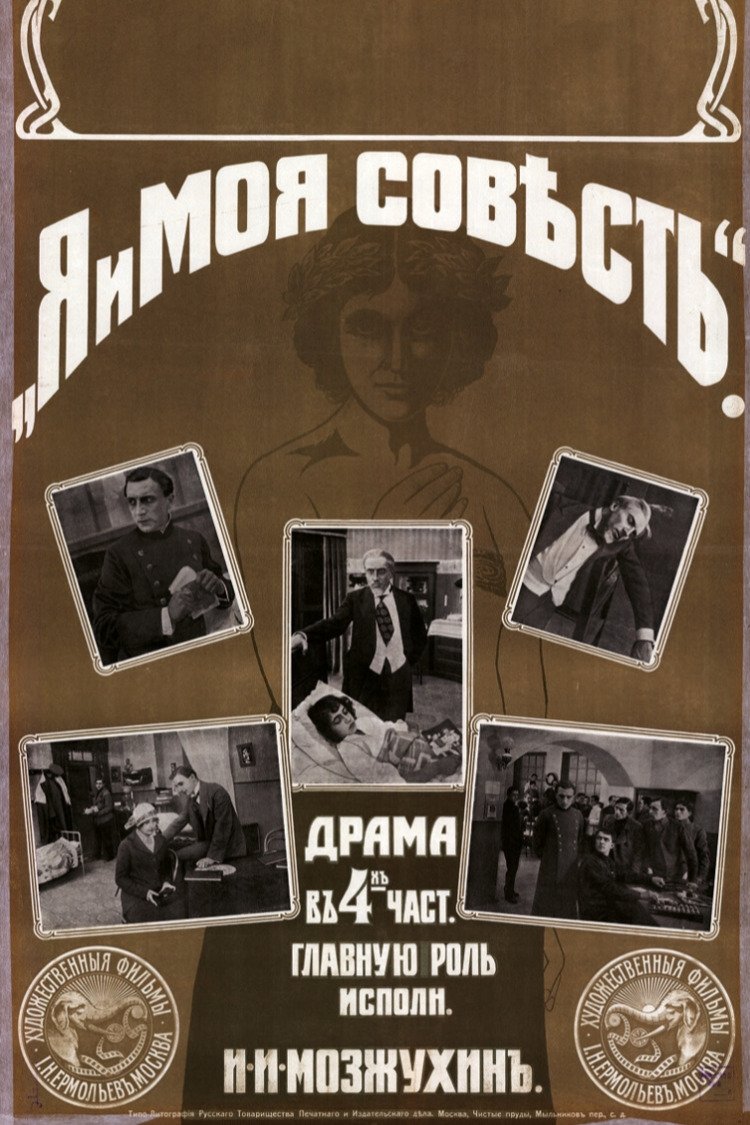
Me And My Conscience
(Gleb Znamenskiy)
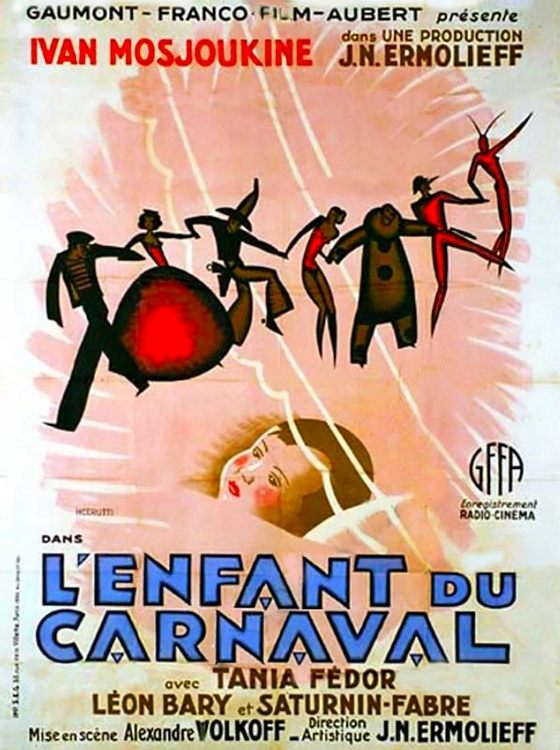
L'enfant du carnaval
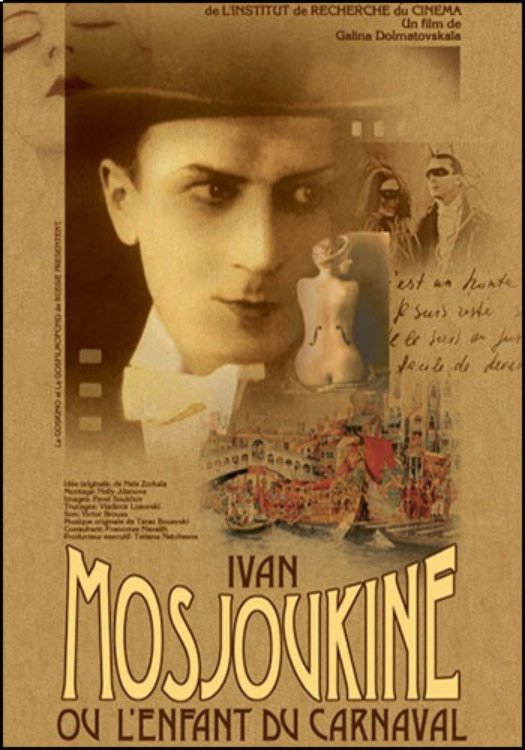
Ivan Mosjoukine, or the Carnival Child
(Self (archive footage))
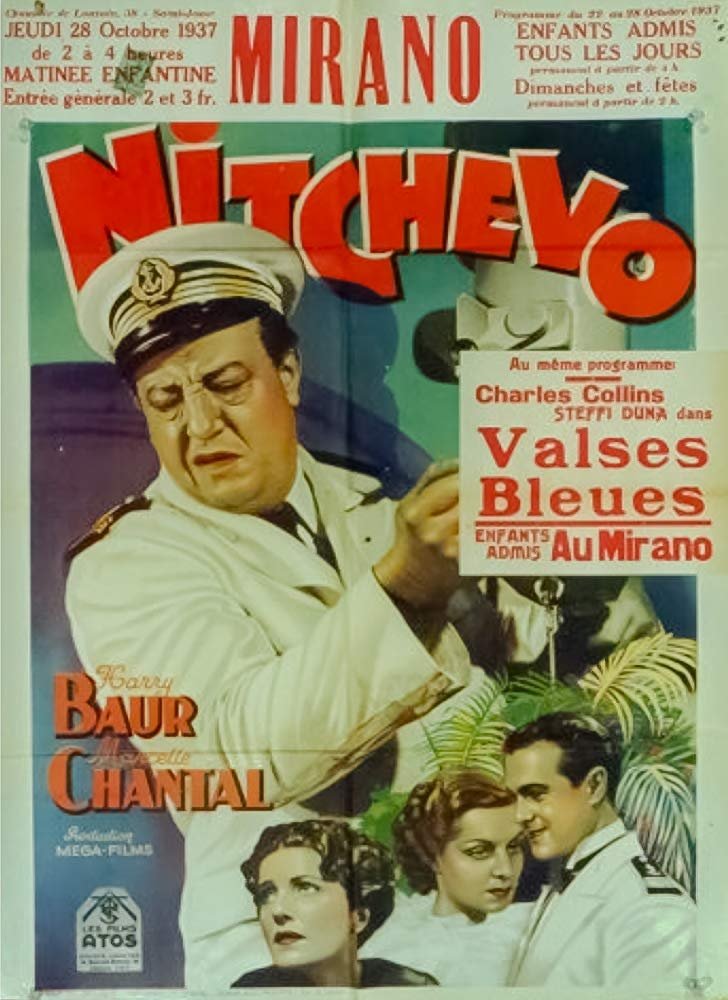
Nitchevo
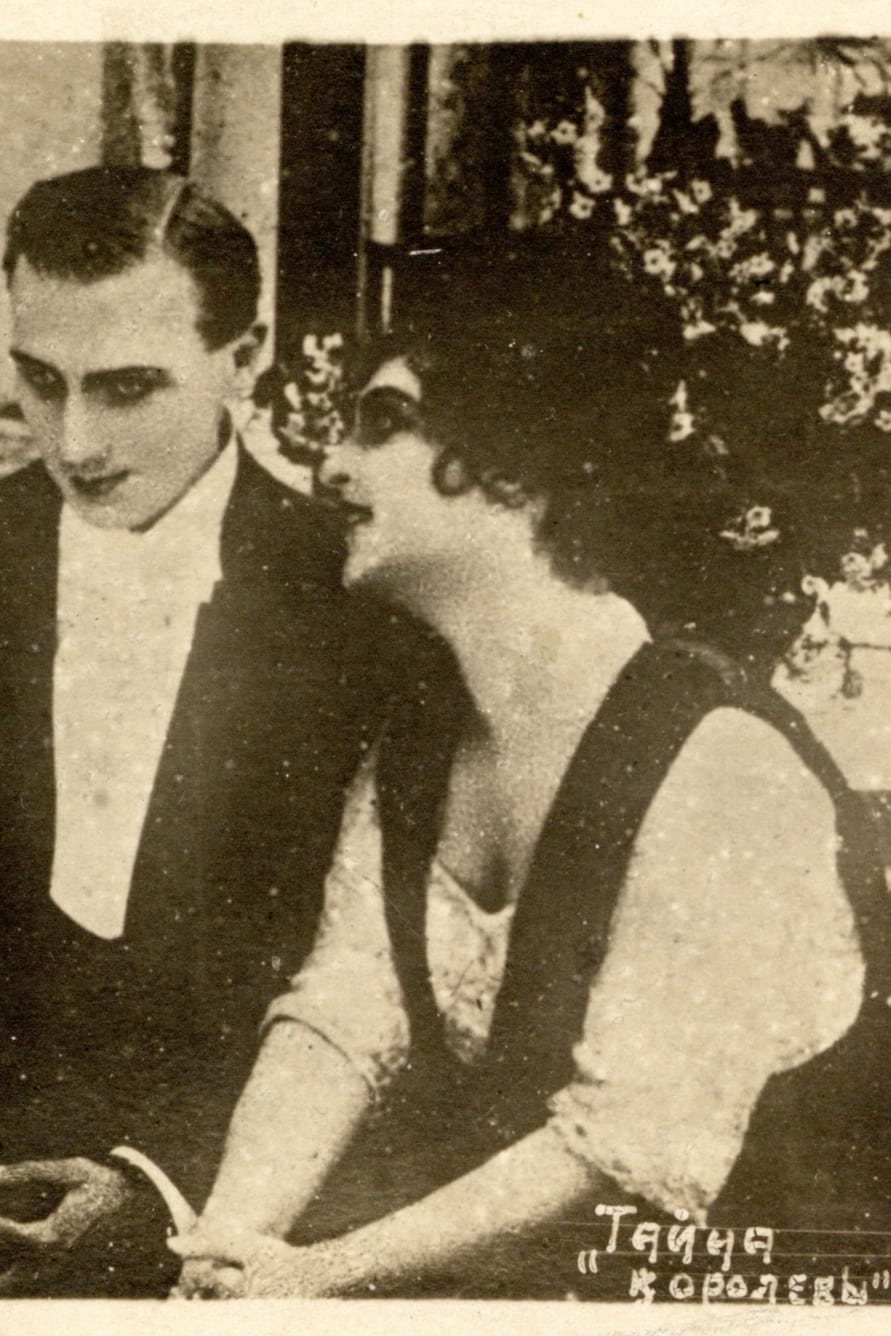
The Queen's Secret
(Paul, lord Verden's son)
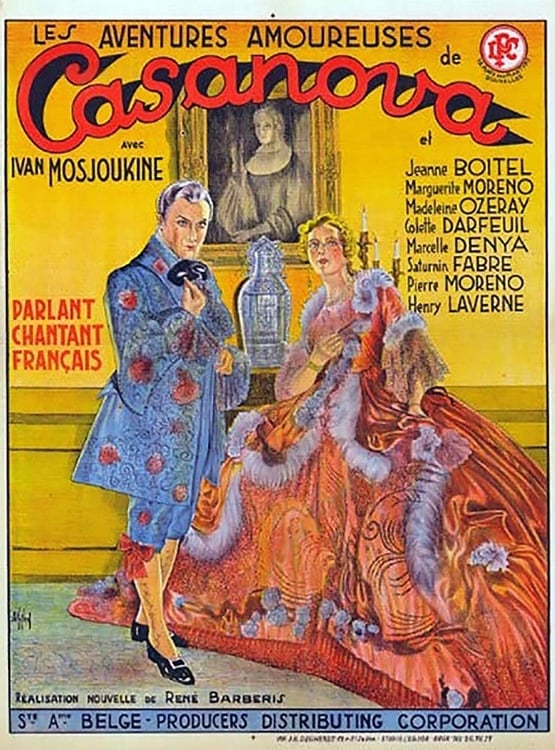
Casanova
Worker's Quarters
(Surguchyov, factory's clerk)

Scary Corpse
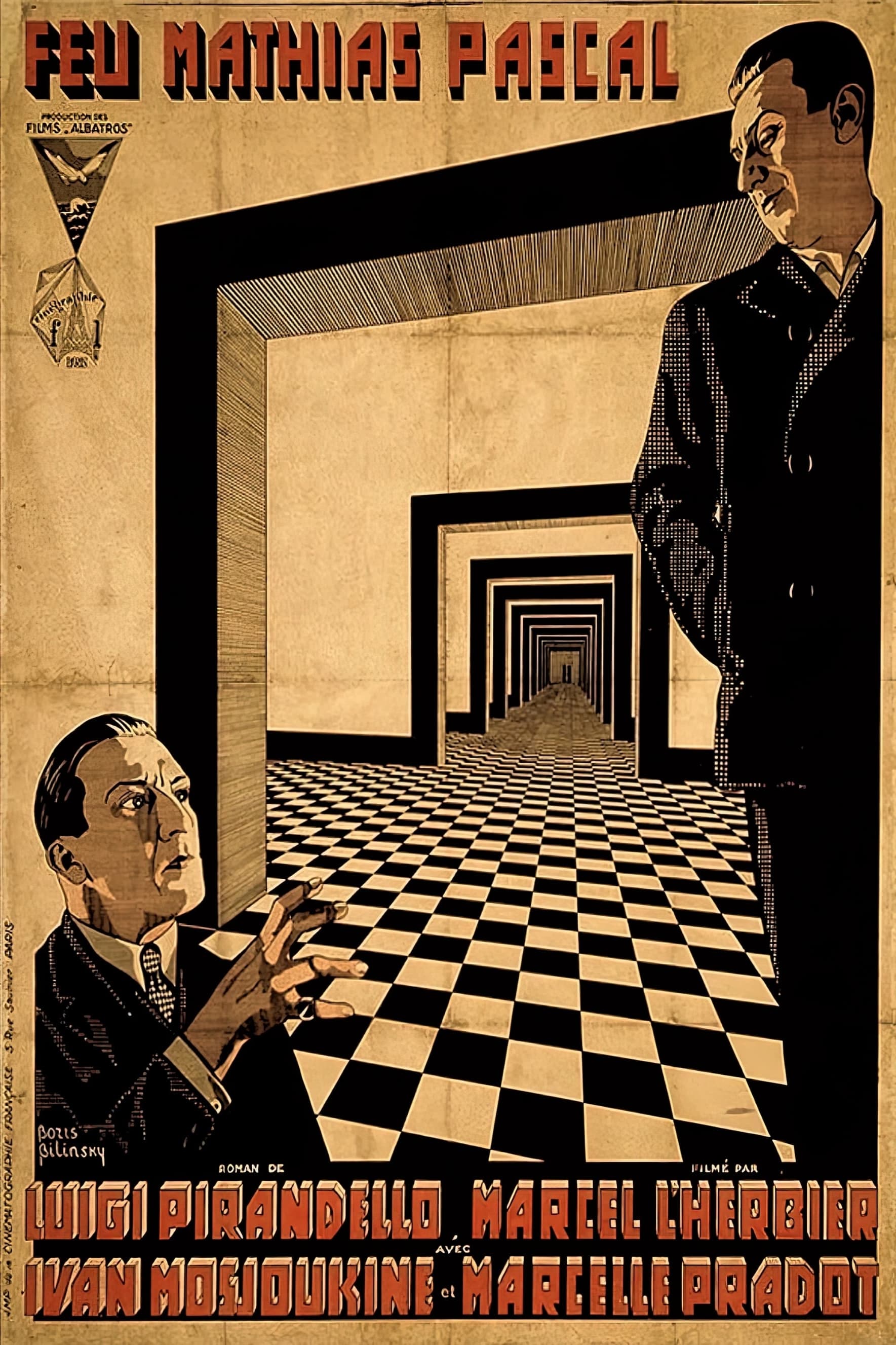
The Late Mathias Pascal
(Mathias Pascal)
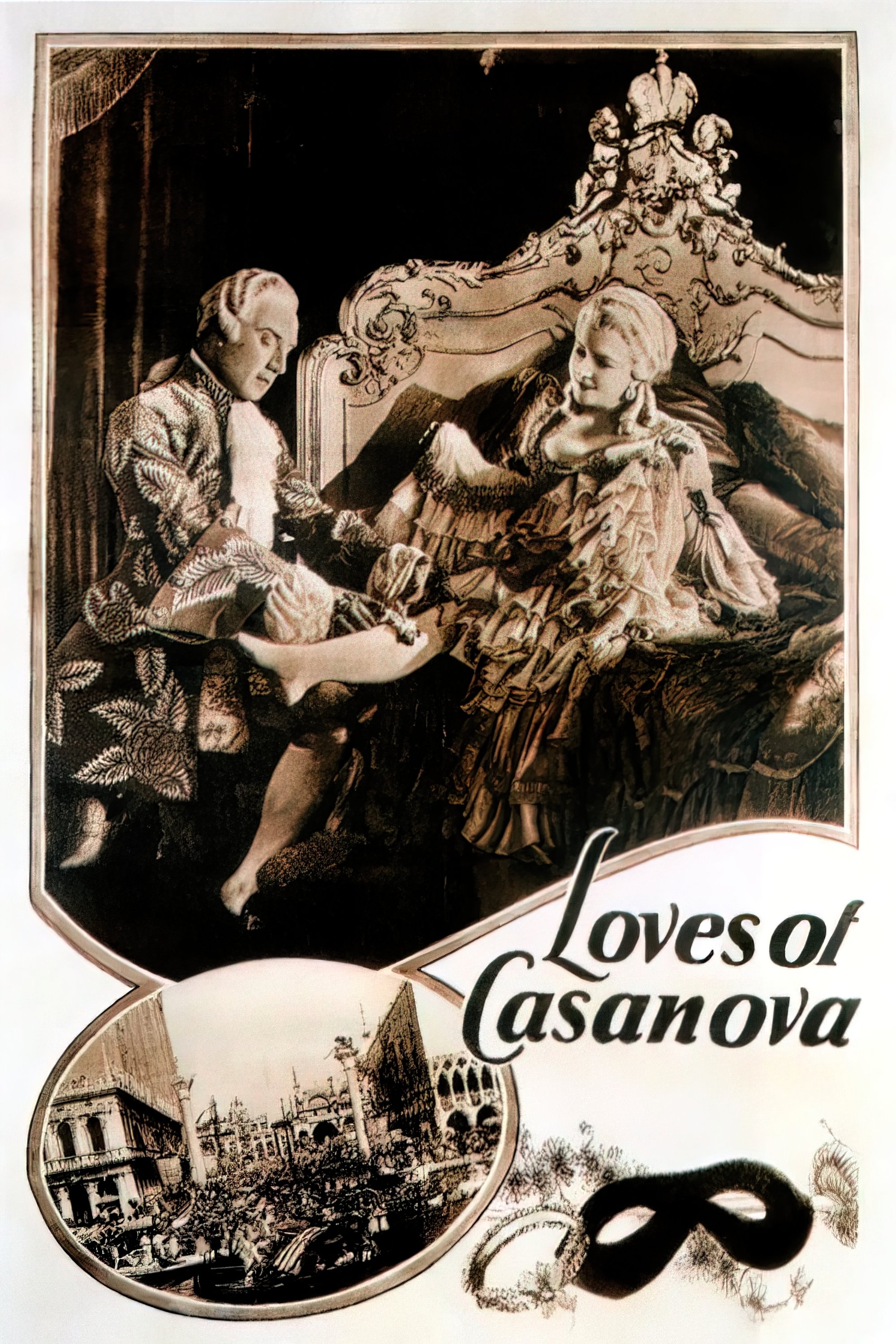
Loves of Casanova
(Casanova)
Khaz-Bulat
(Prince)
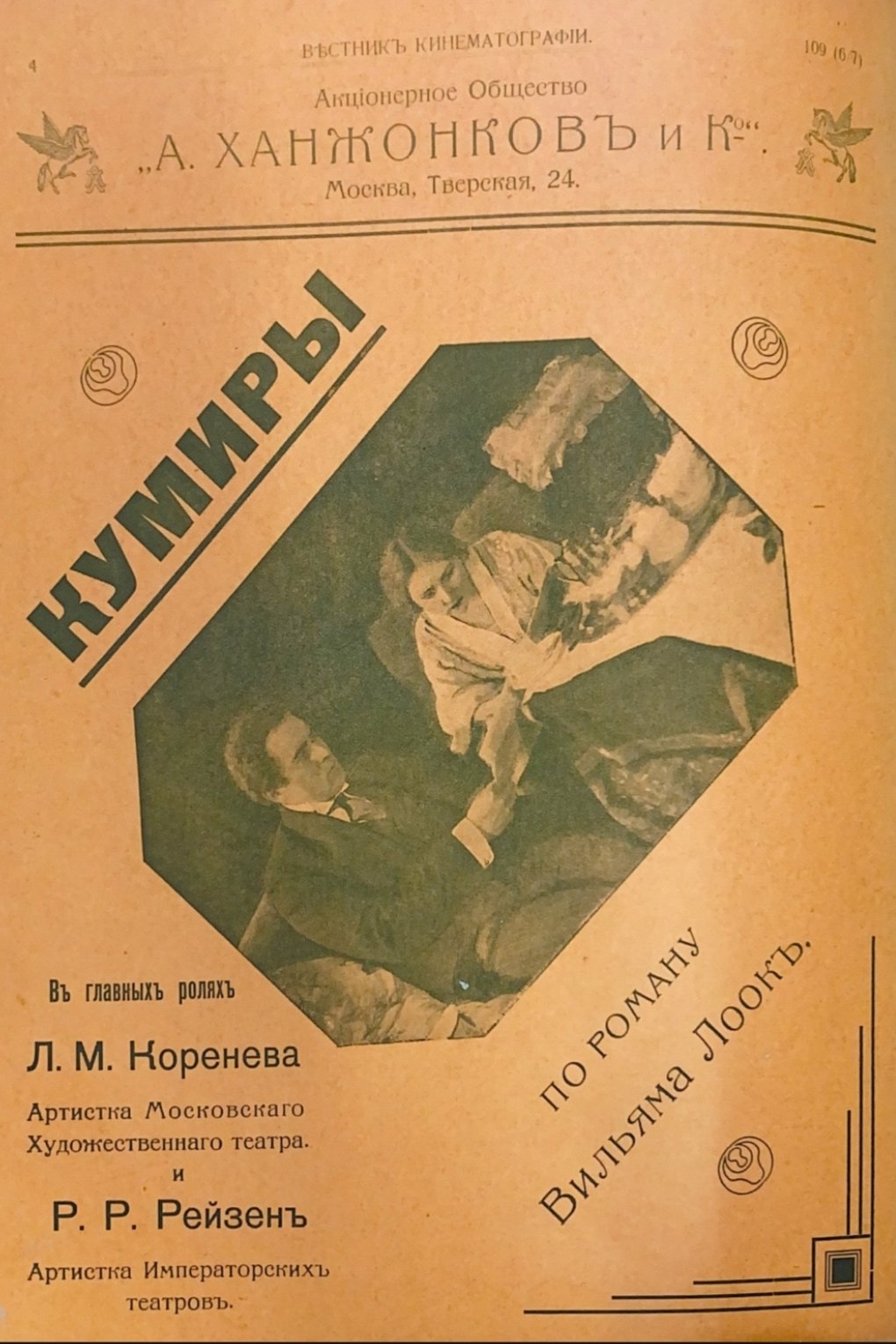
Idols
(Giu Kolman)
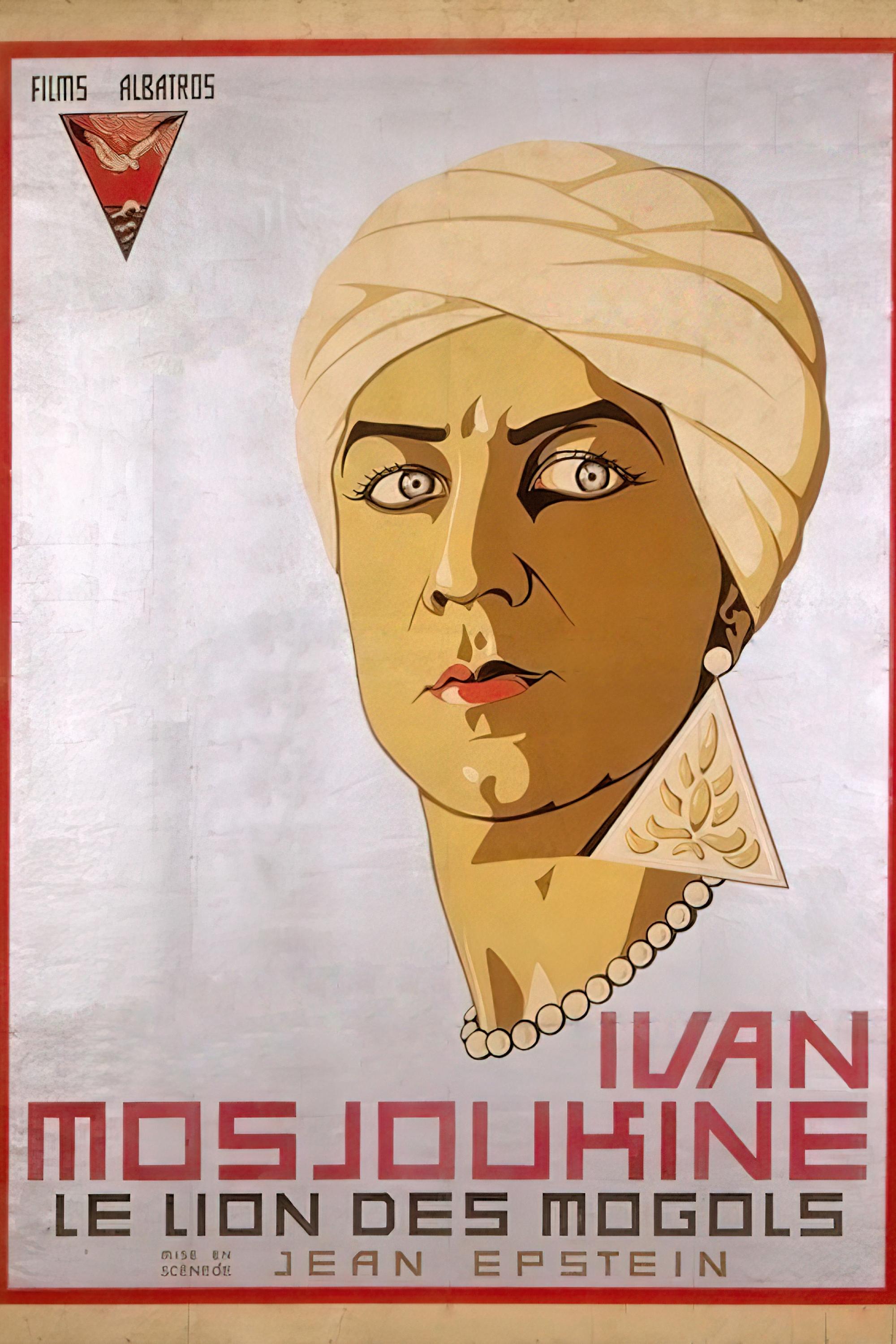
The Lion of the Moguls
(le prince Roundghito-Sing)
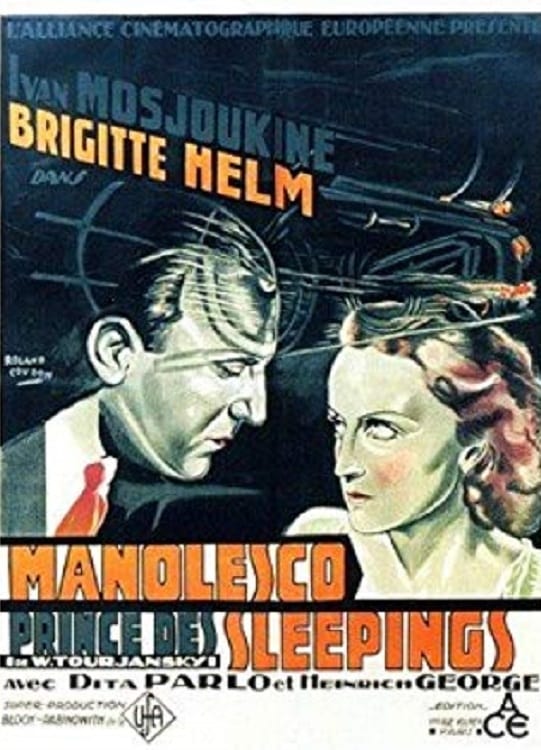
Manolescu, the Prince of Swindlers
(Manolescu)
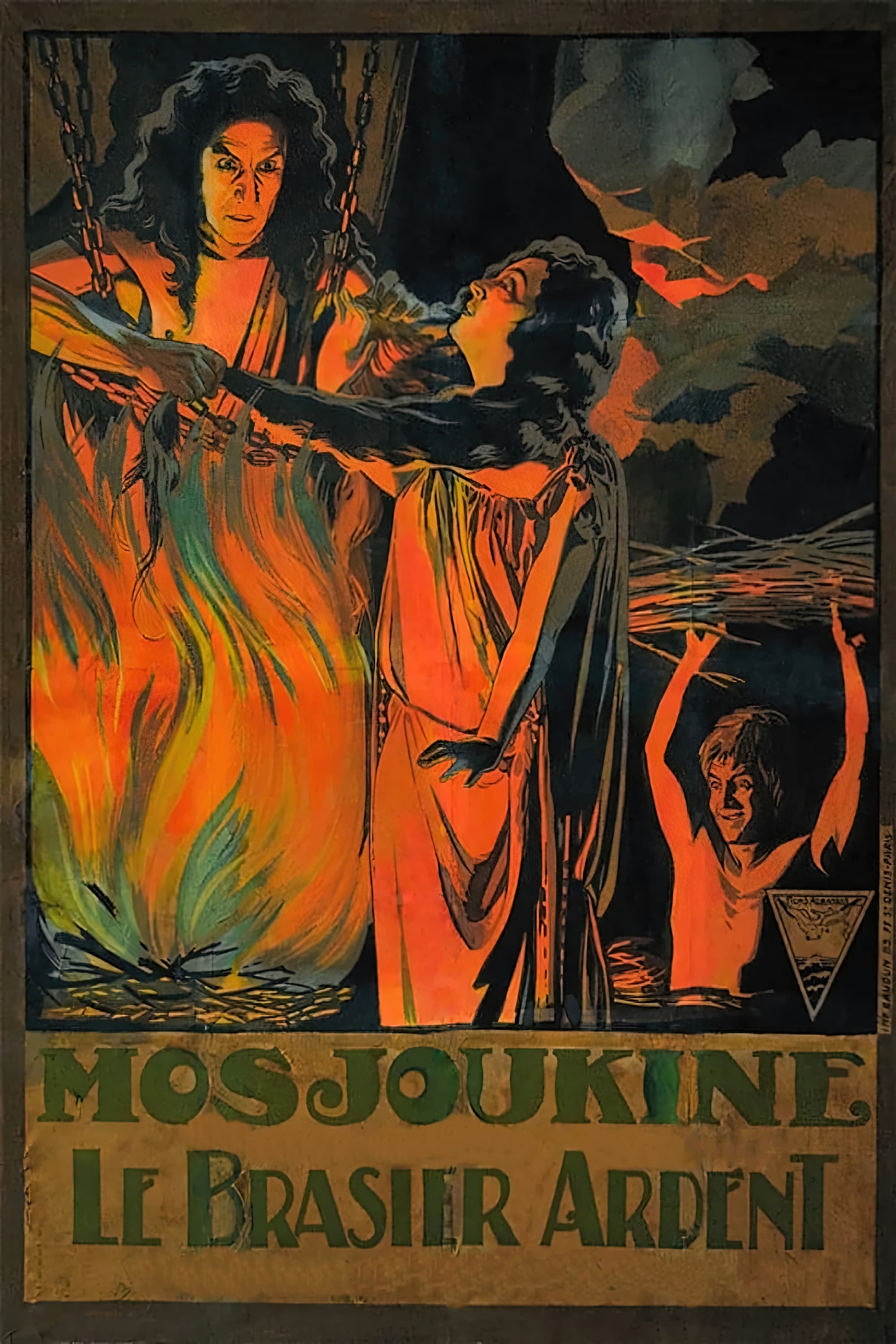
The Burning Crucible
(Zed, le détective)
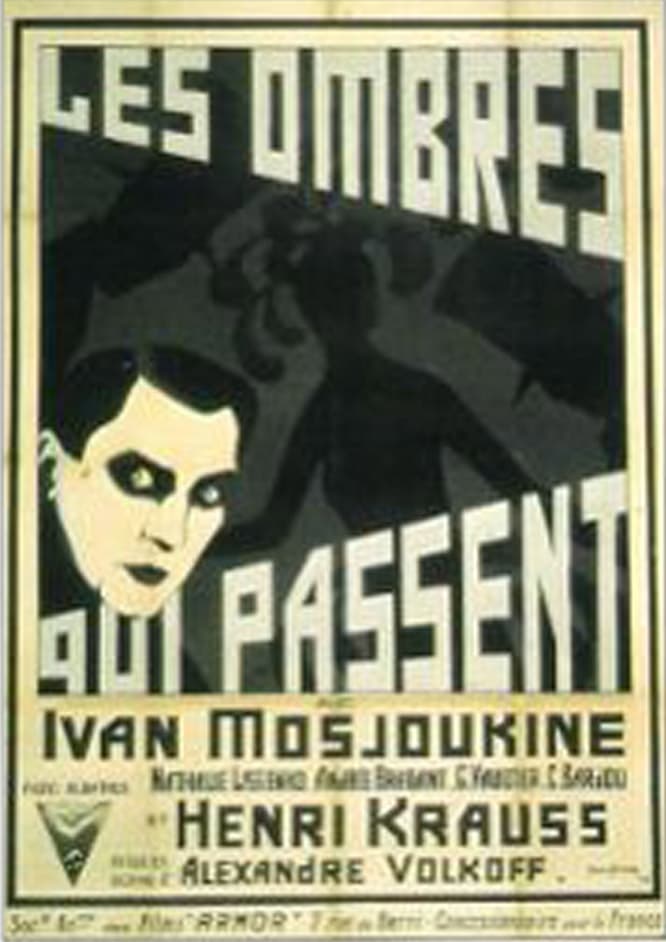
Les Ombres Qui Passent
(Louis Barclay)
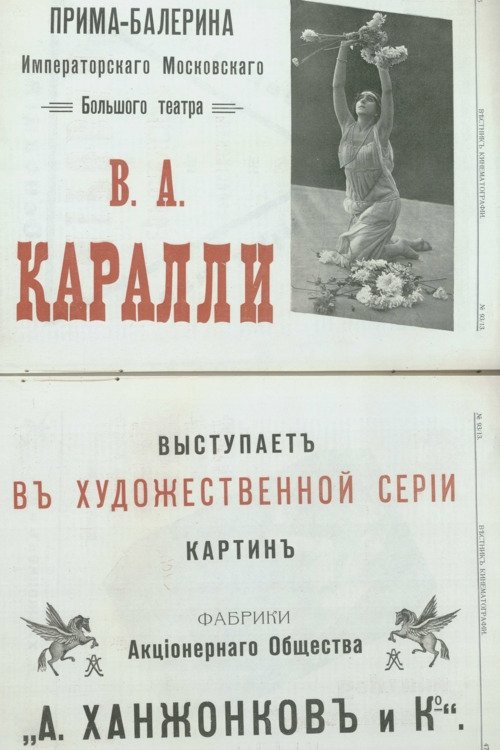
Chrysanthemums
(Vladimir)
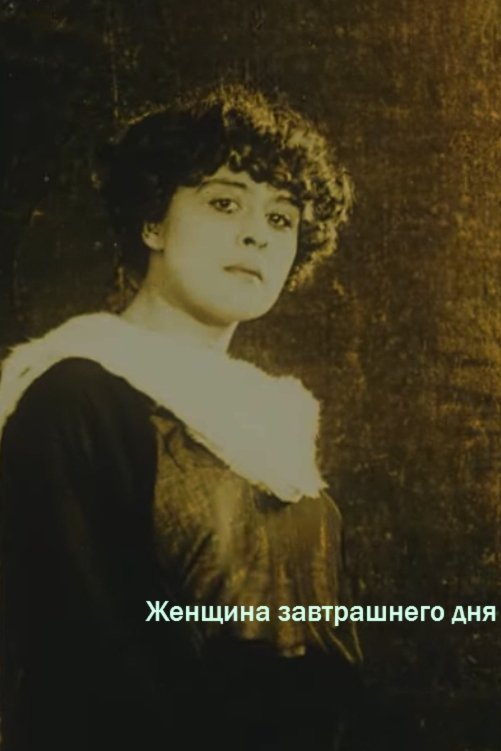
Woman of Tomorrow
(Nikolay, Anna's husband)
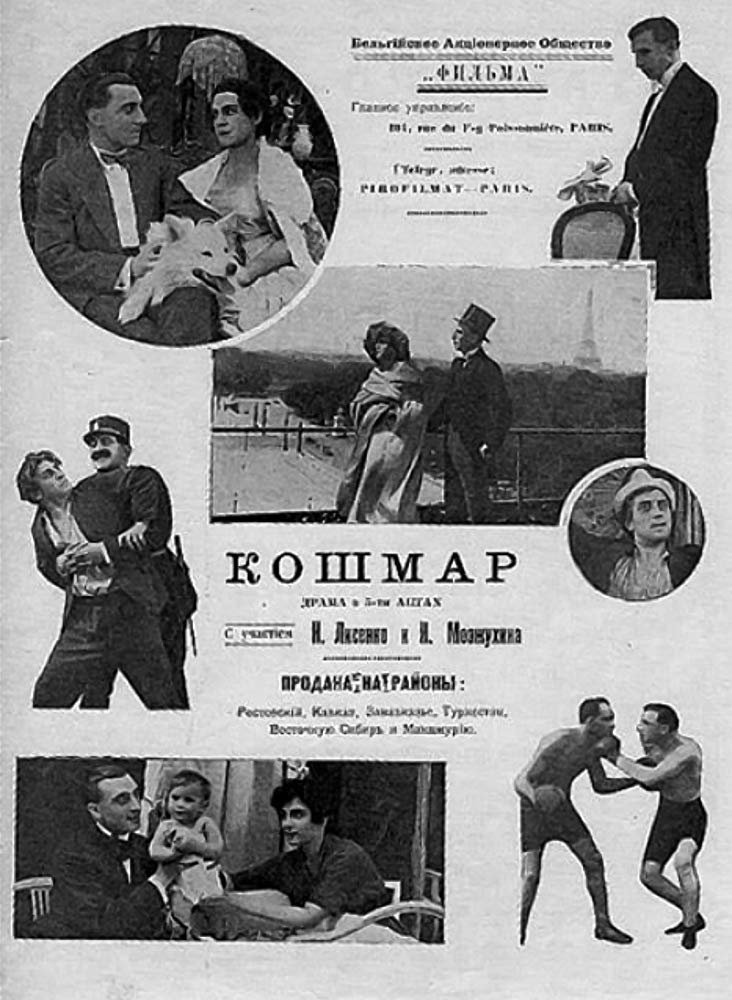
A Narrow Escape
(Octave de Granier)
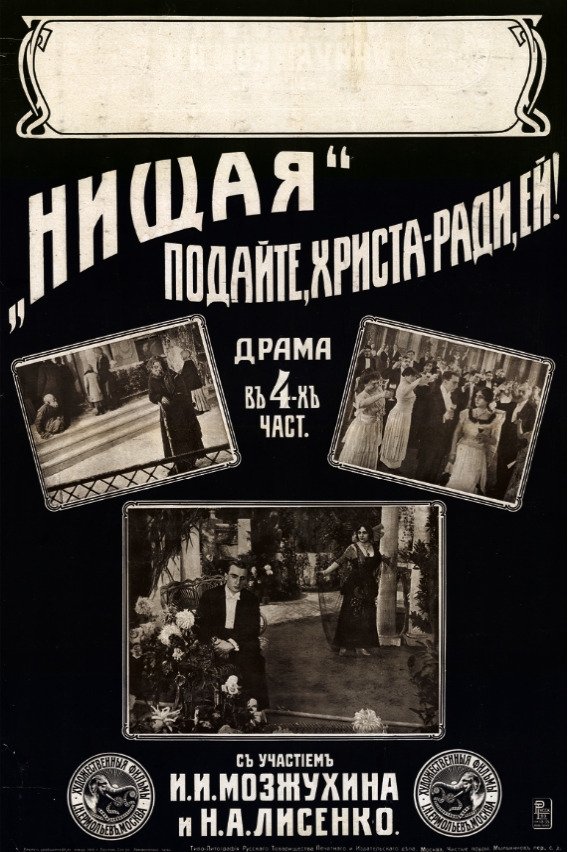
Beggar Woman
(Poet)
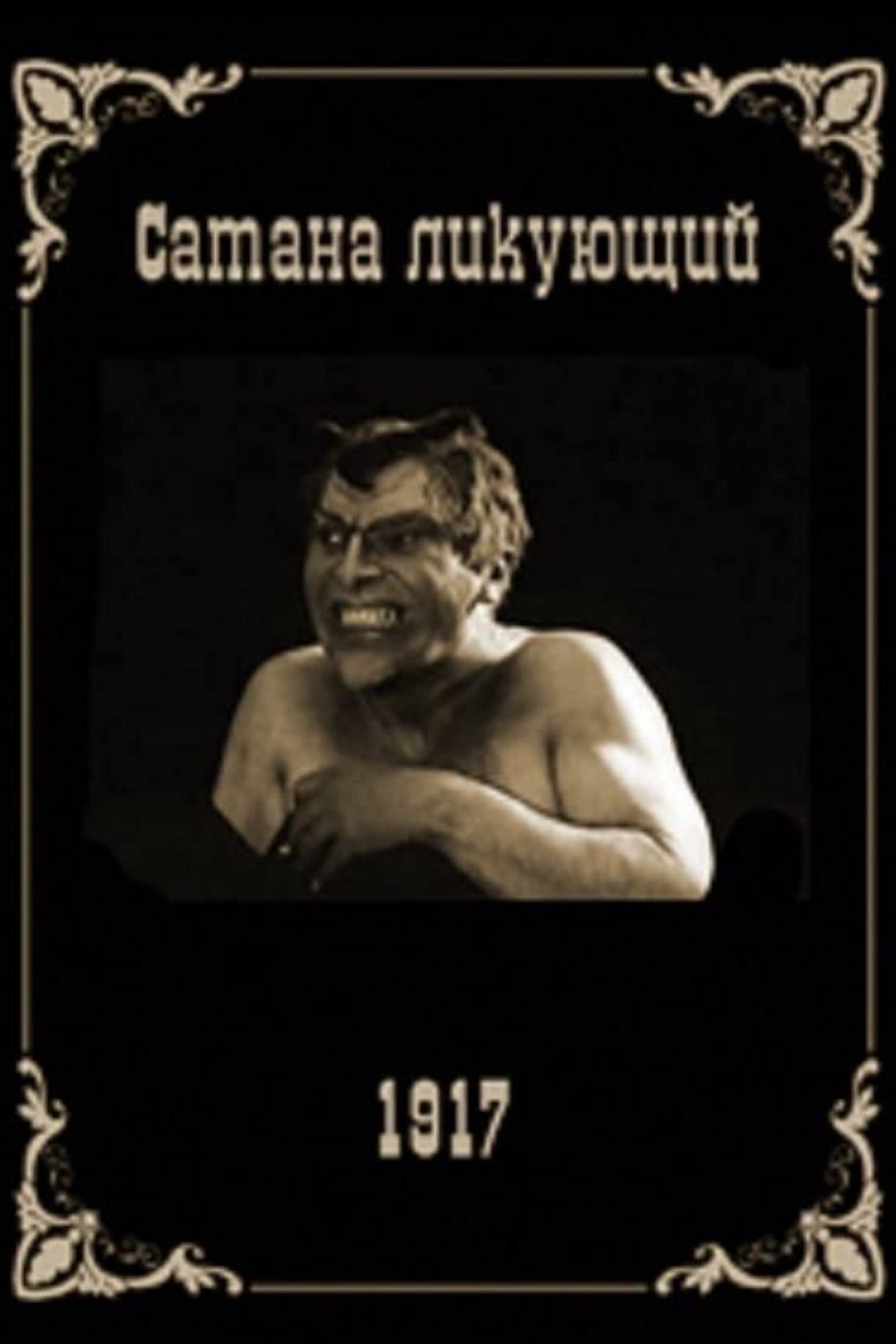
Satan Triumphant
(Pastor Talnoks / Pastor's son Sandro)
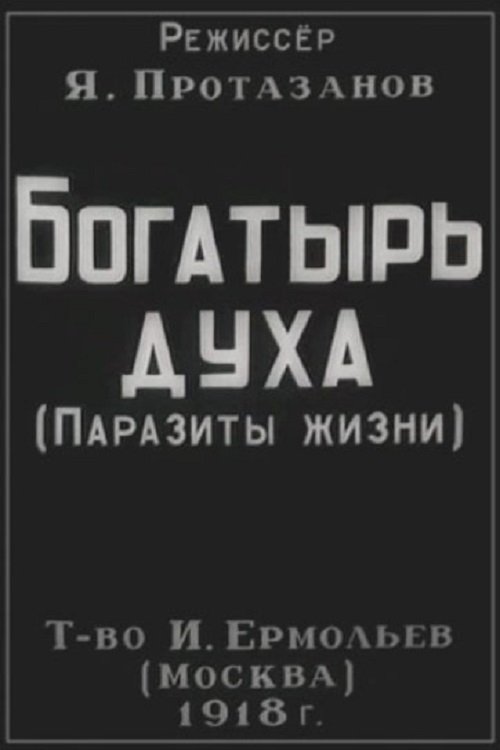
Knight's Spirit
(Vladek / Stas Marzinkovskiy)
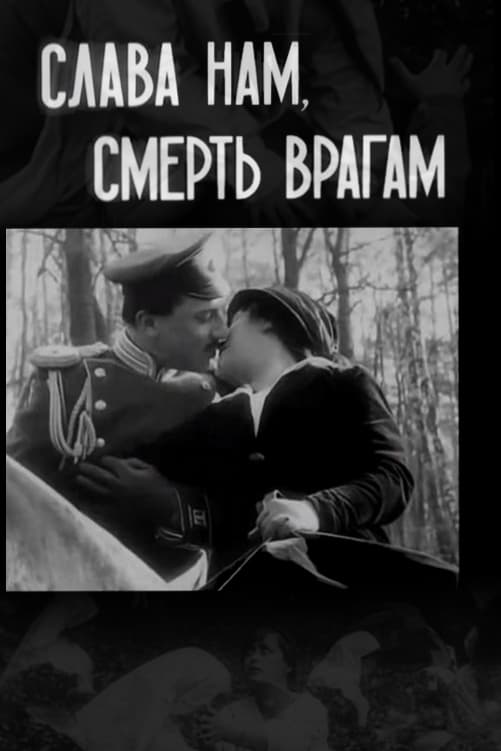
Glory to Us, Death to the Enemy
(Russian officer)

Defence of Sevastopol
(Kornilov / associate of the envoy of the Menshkov retinue)
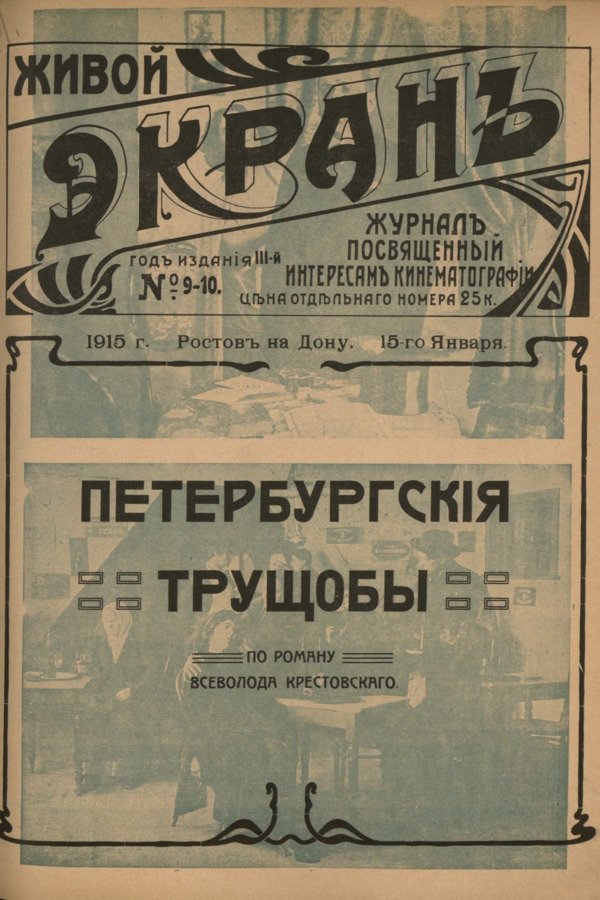
Petersburg Slums

Michel Strogoff
(Michael Strogoff)
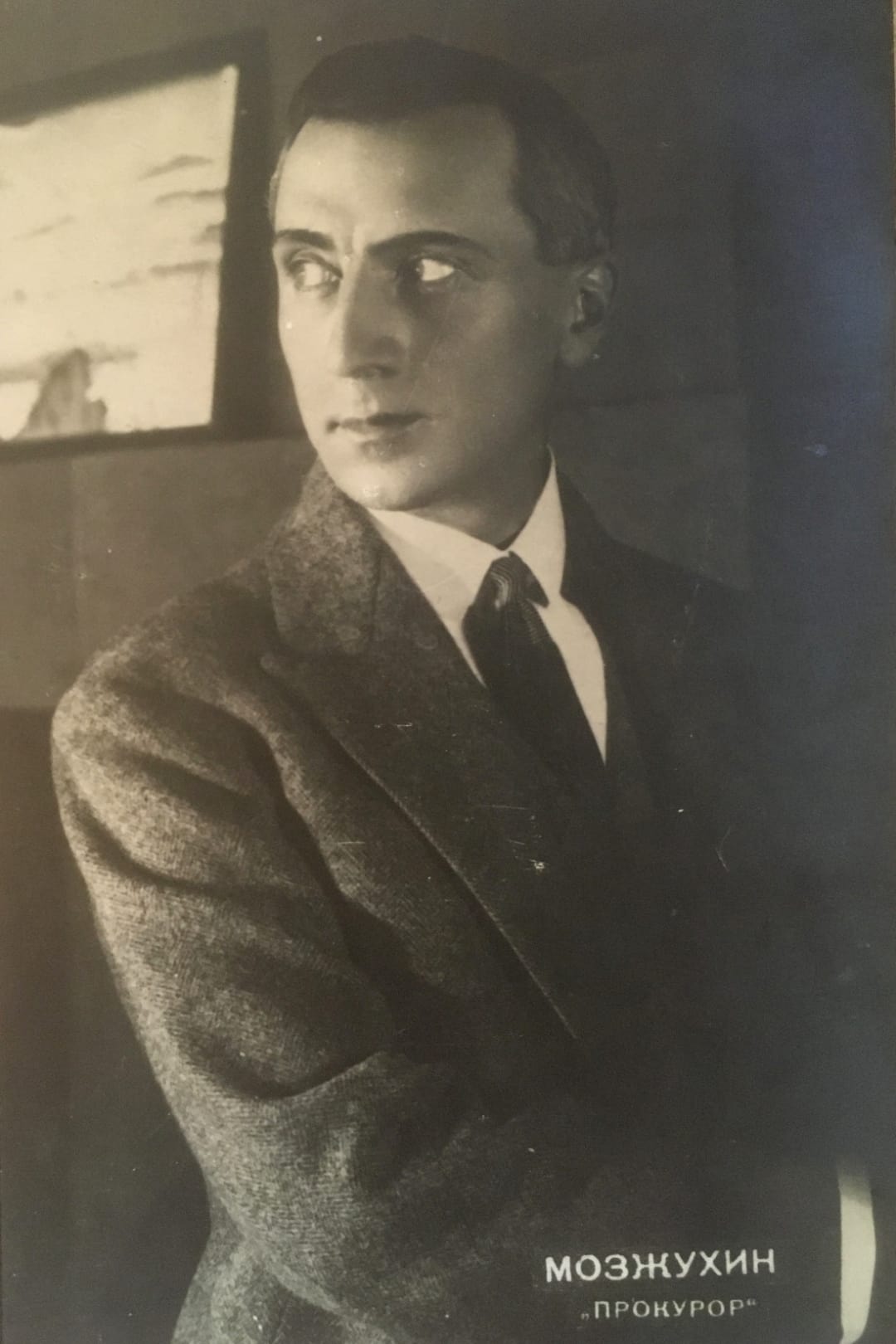
The Prosecutor
(Eric Olsen, prosecutor)
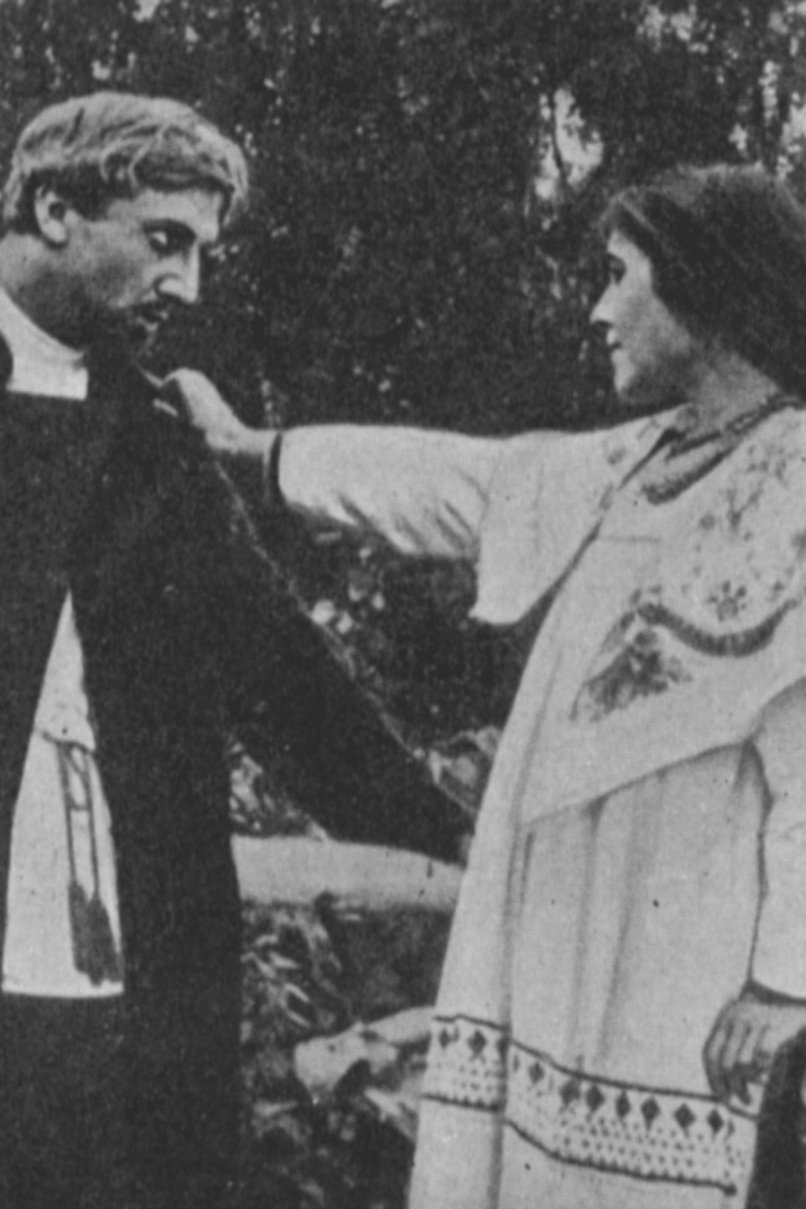
The Peasants' Lot
(Pyotr)
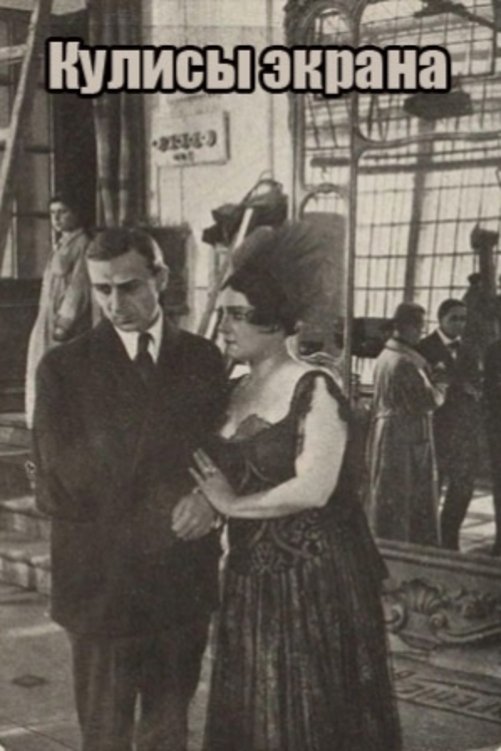
Behind the Screen
(Ivan Mosjoukine)
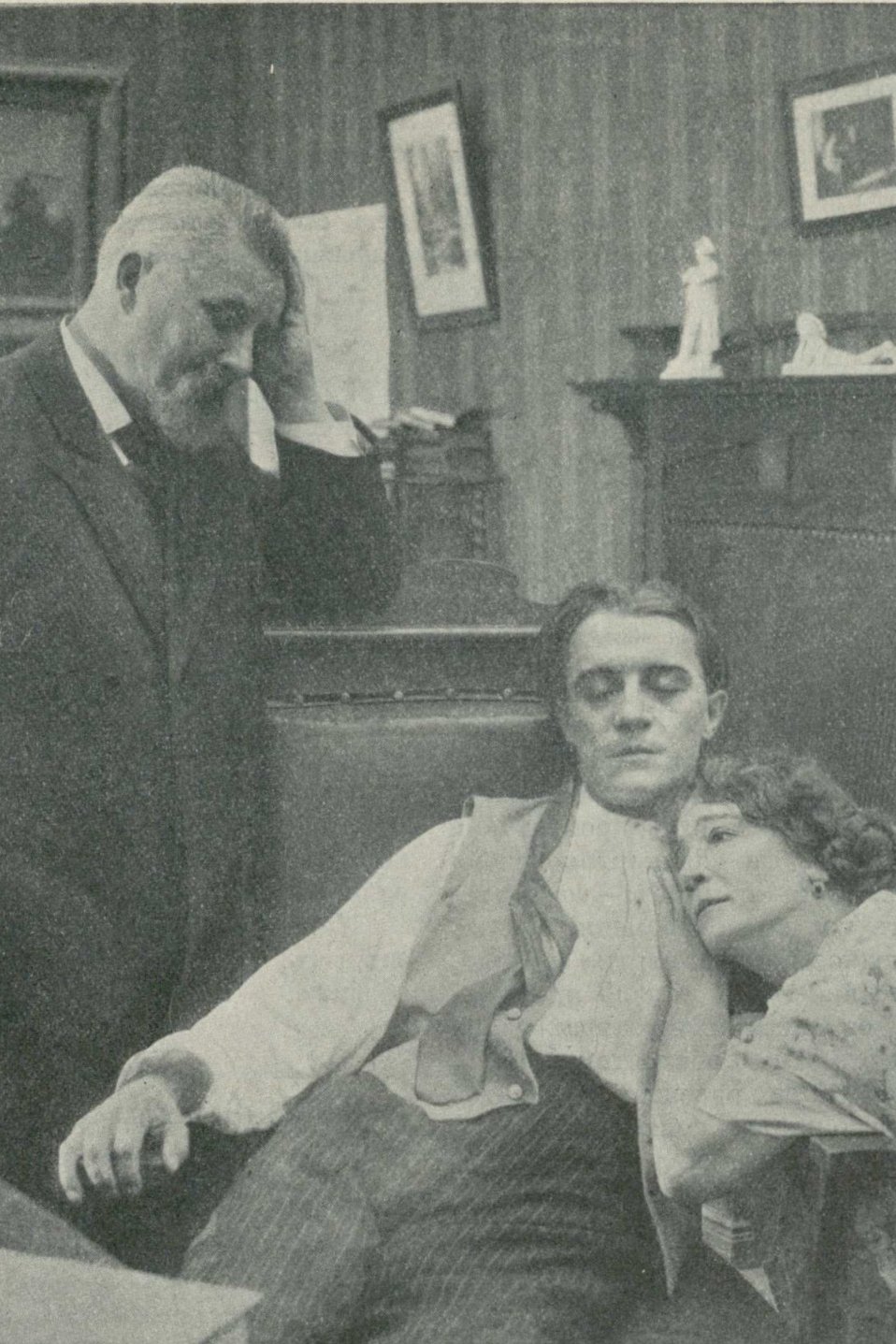
In the Hands of Merciless Fate
(Sergey Nevedov, doctor's son)
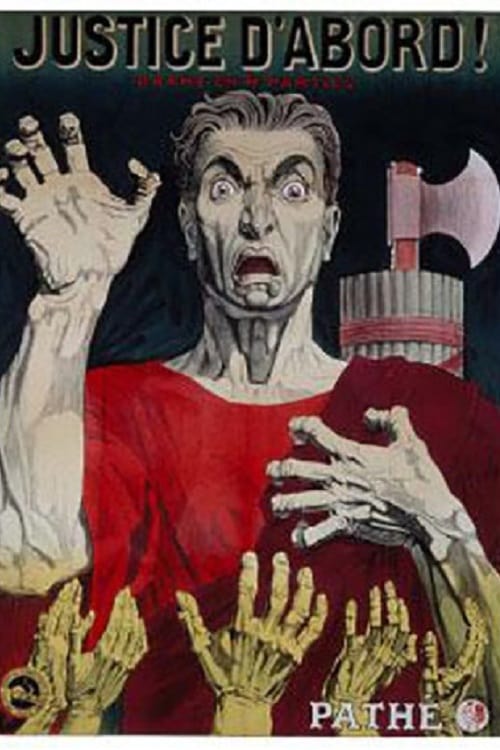
Justice d'abord
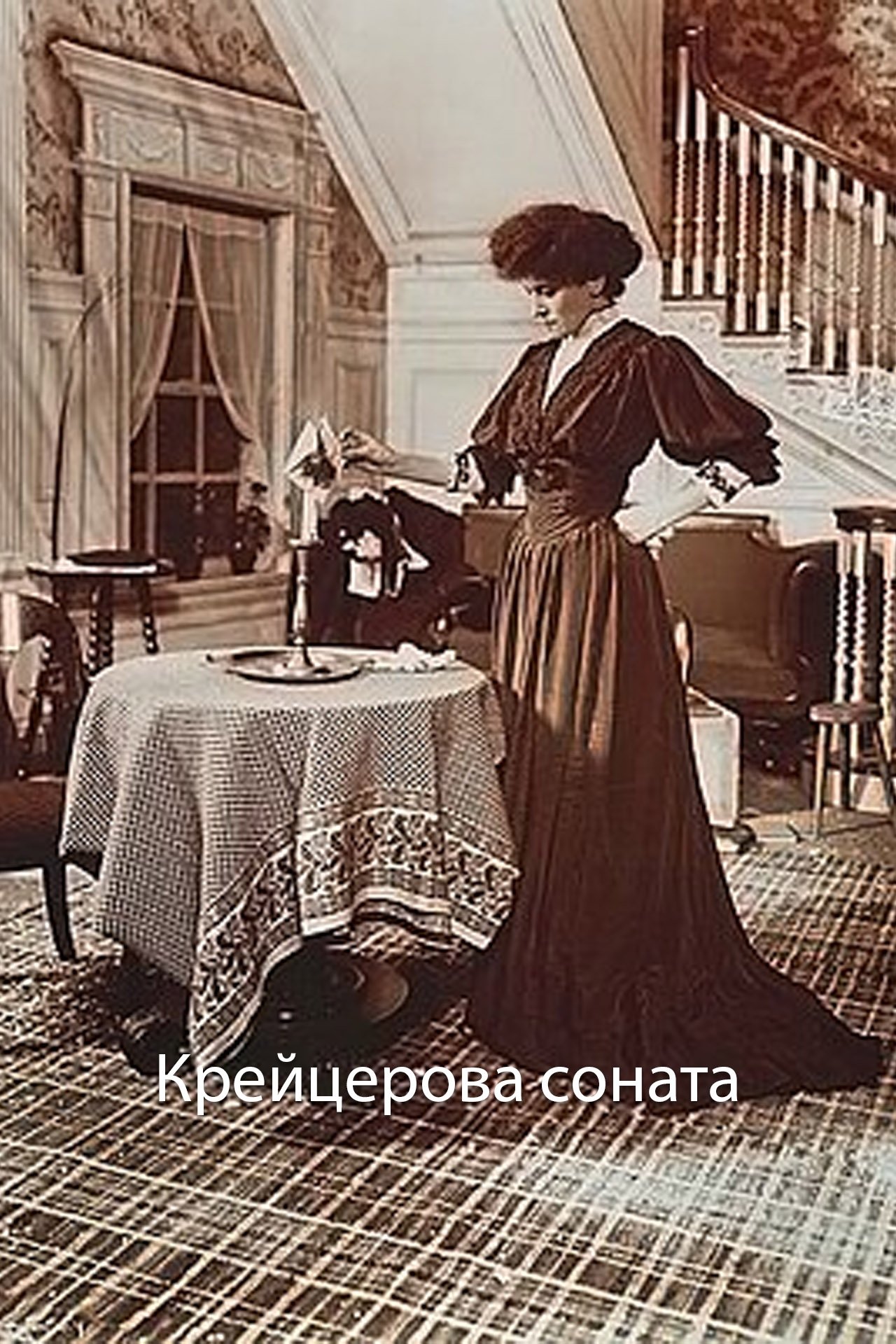
The Kreutzer Sonata
(Trukhachevskiy)
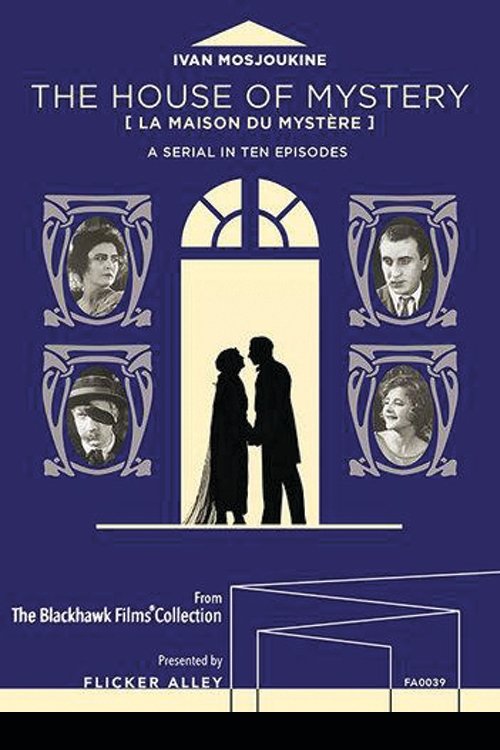
The House of Mystery
(Julien Villandrit)
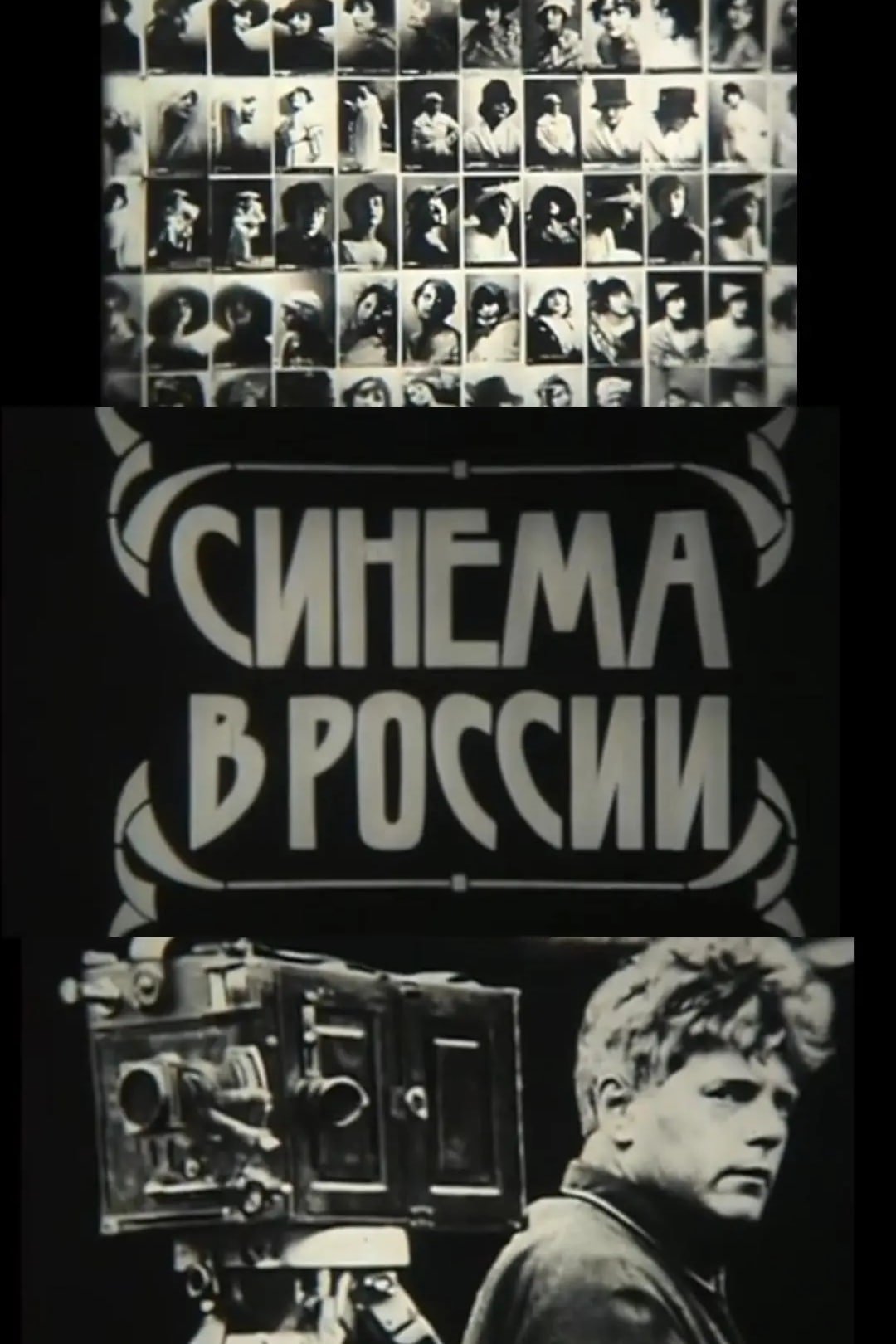
Cinema in Russia
(Film footage)

Surrender
(Constantine)
The White Devil
(Hadschi Murat)
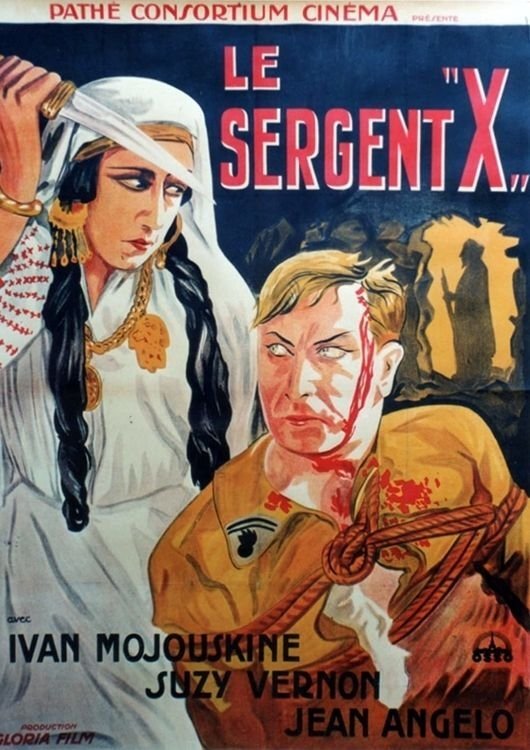
Sergeant X
(Jean Renault)
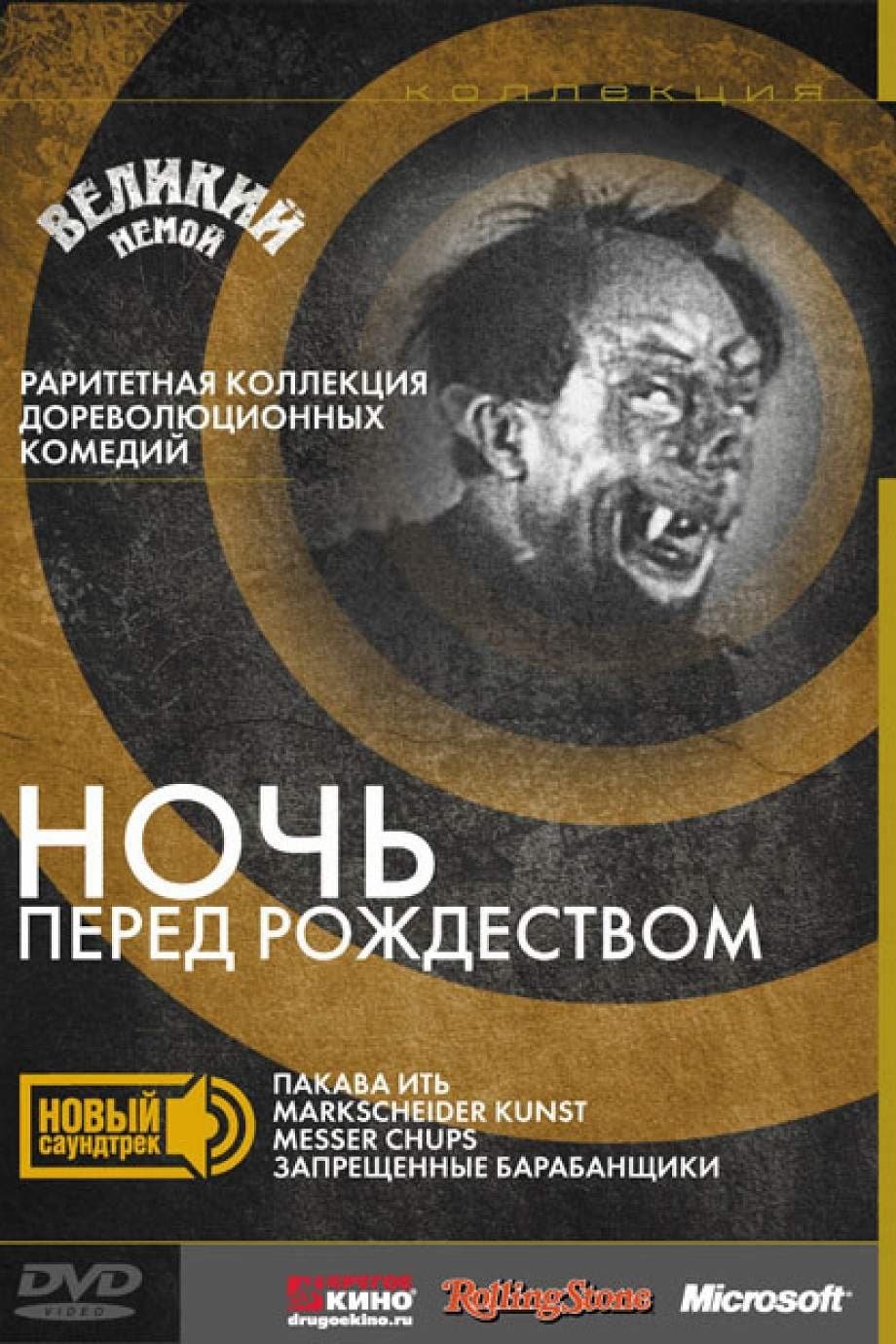
The Night Before Christmas
(Devil)
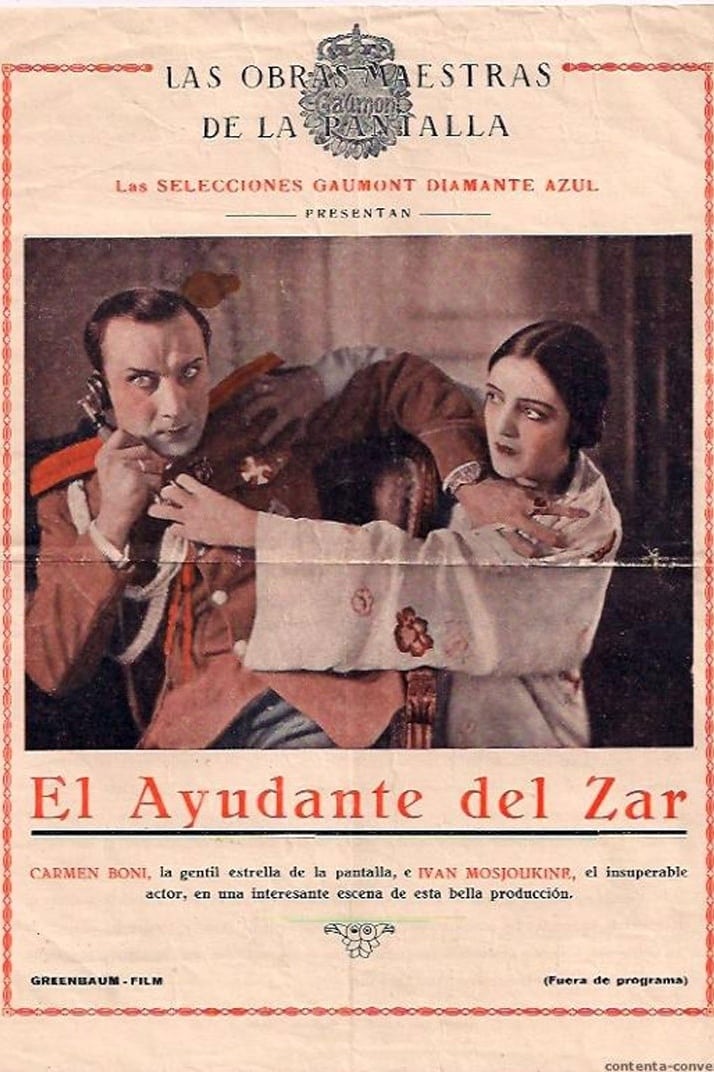
The Adjutant of the Czar
(Prince Boris Kurbski)
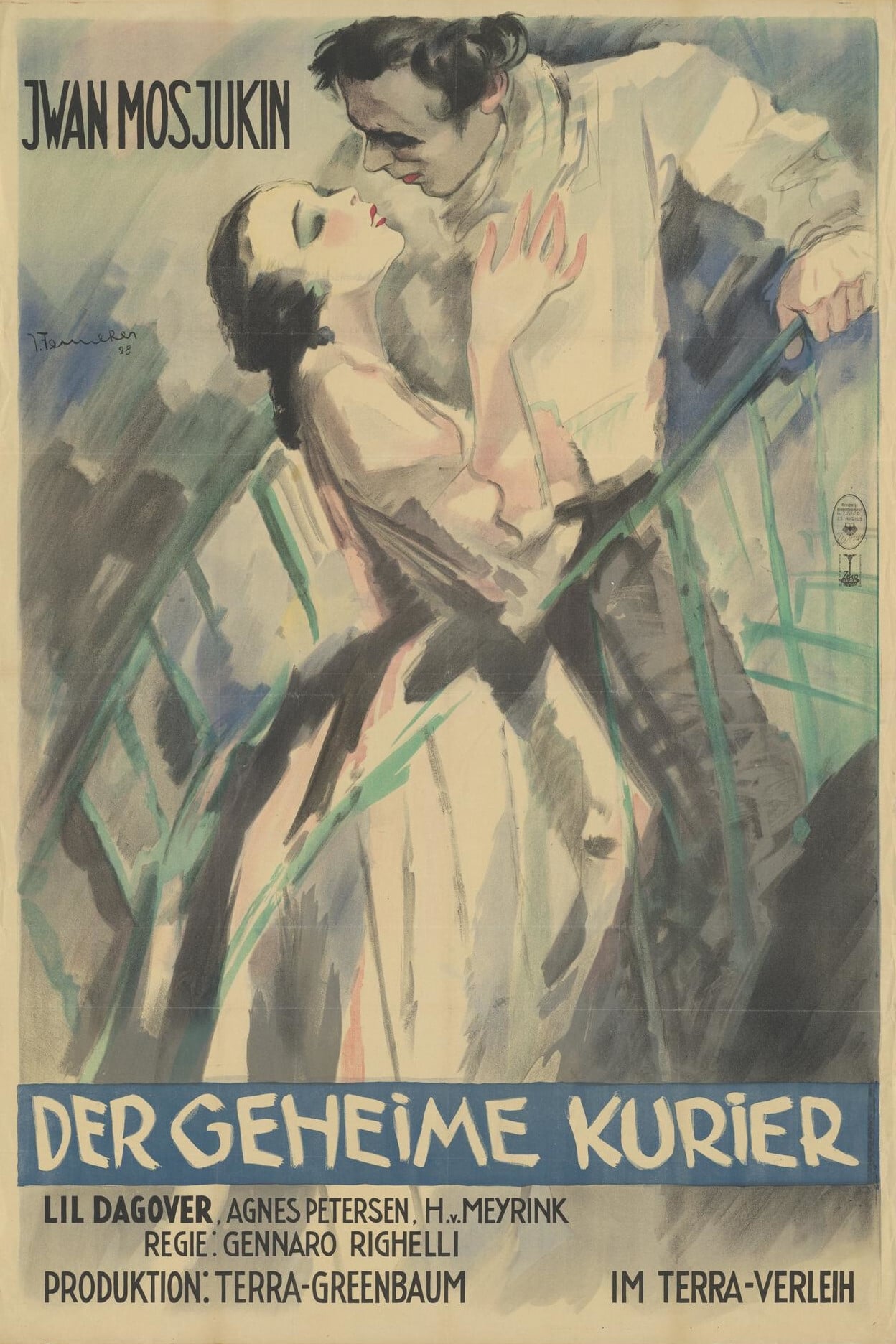
The Secret Courier
(Julien Sorel)
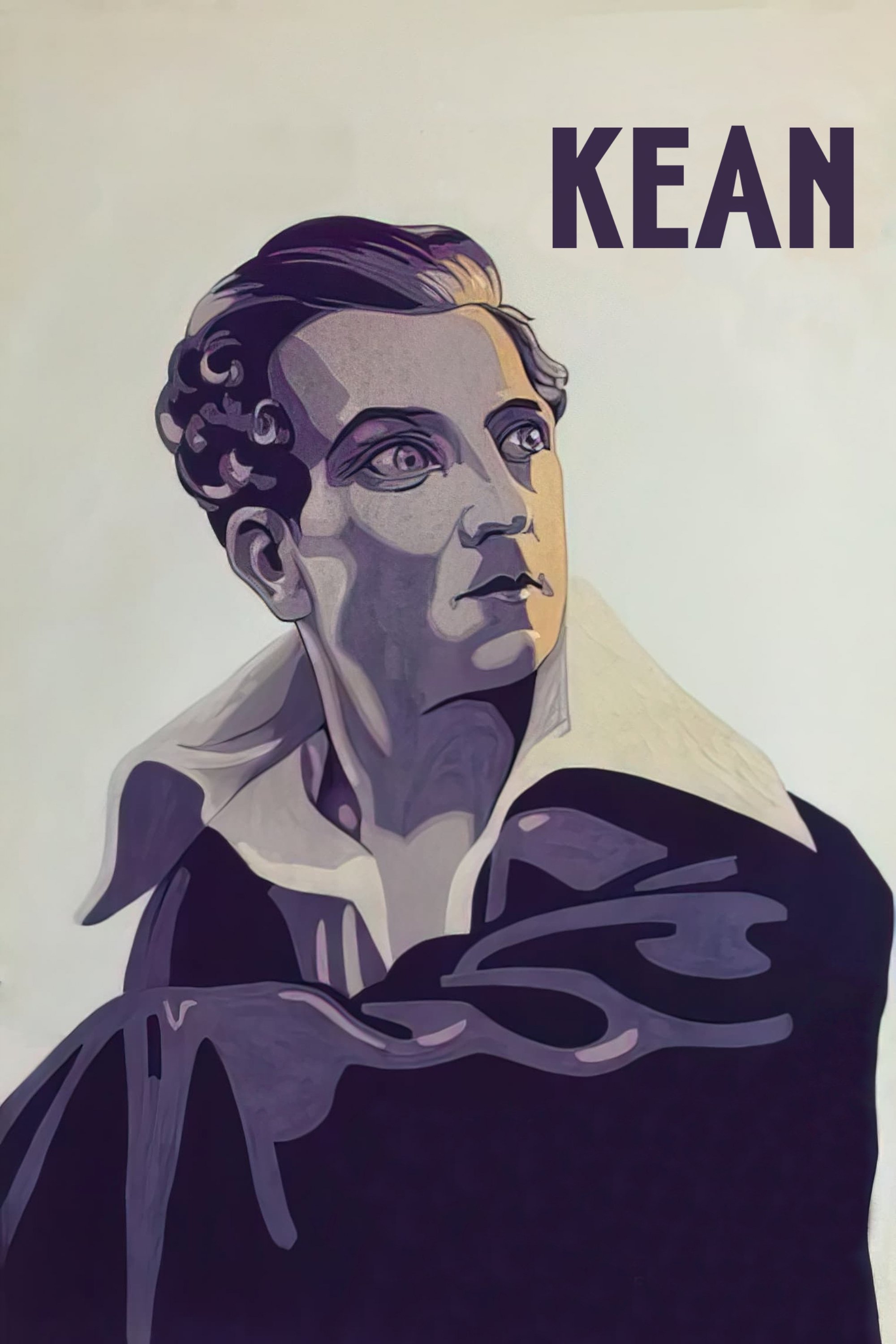
Kean
(Edmund Kean)

The In-Law
(Ivan)
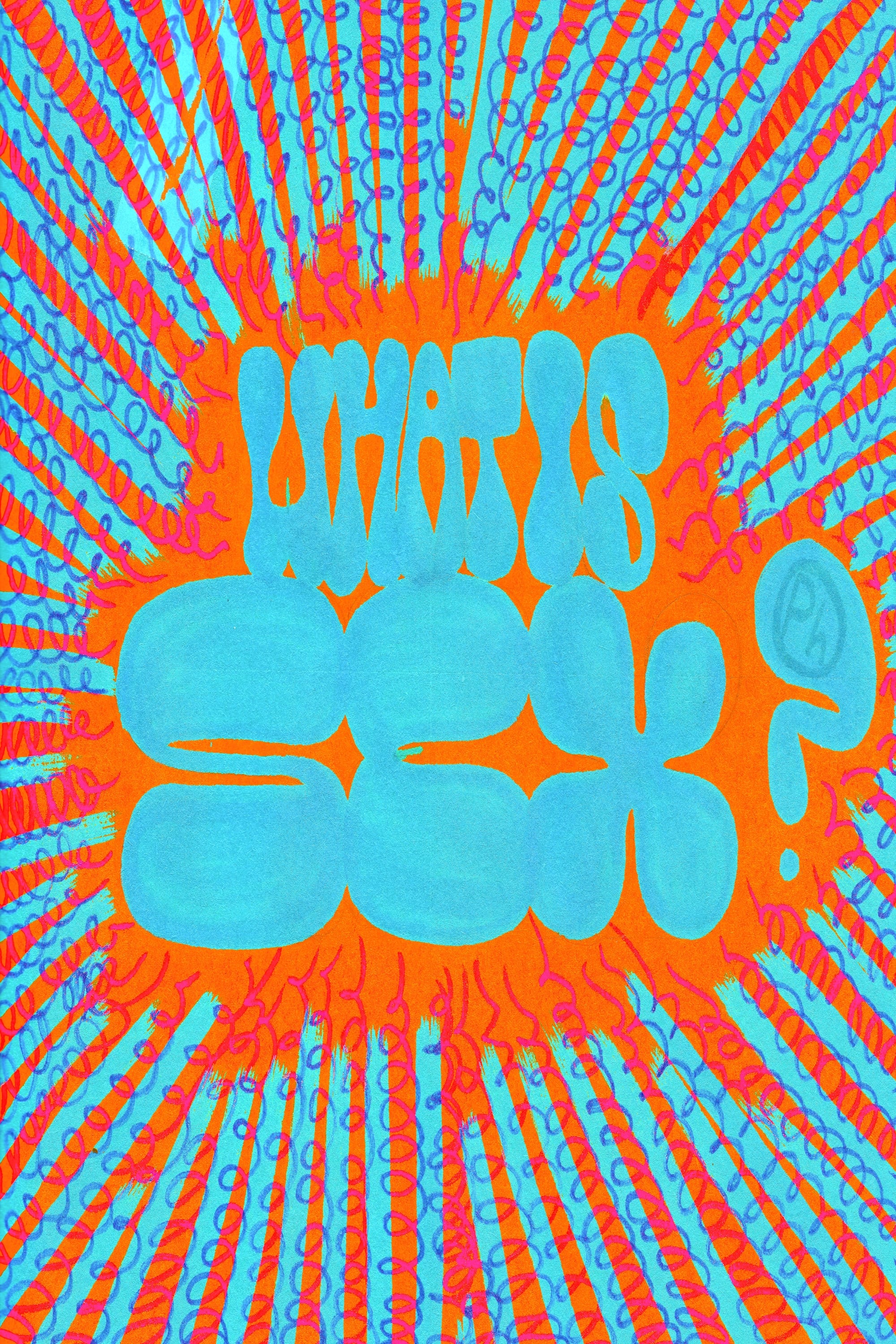
What Is Sex?
(Mr. Kuleshov)
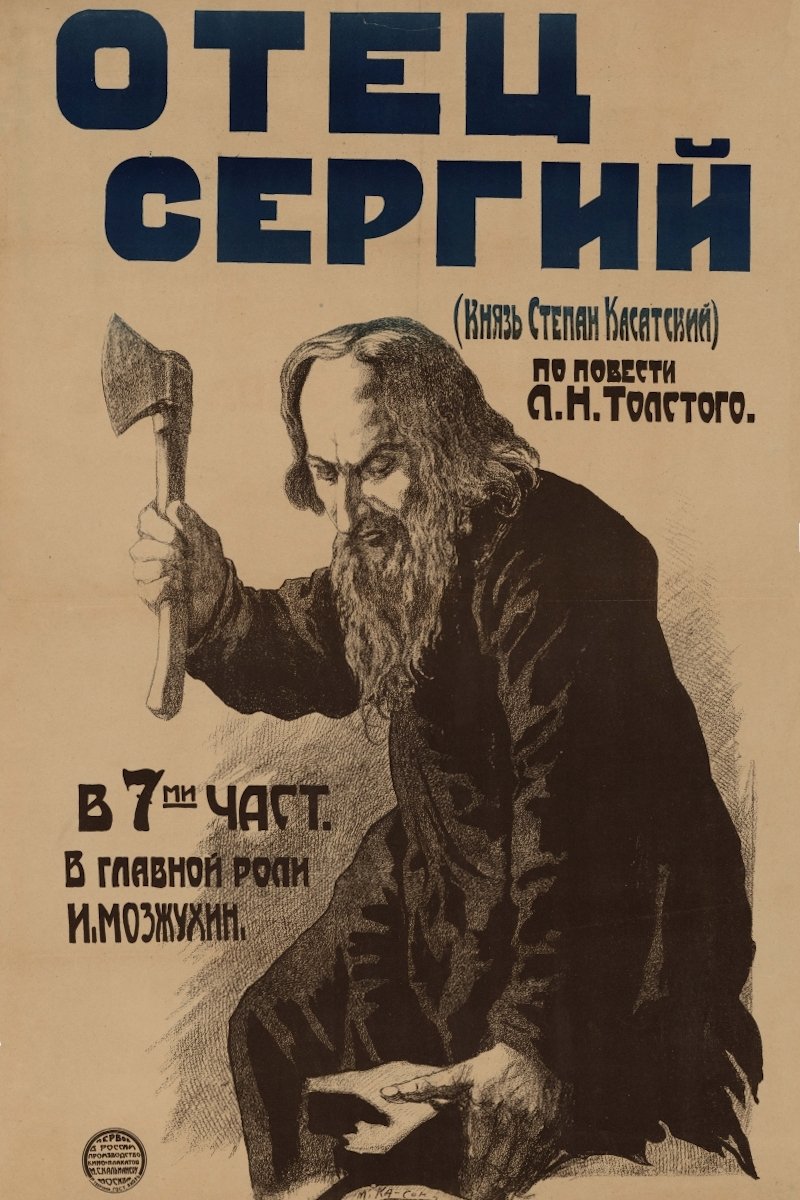
Father Sergius
(Prince Kasatsky, later Father Sergius)
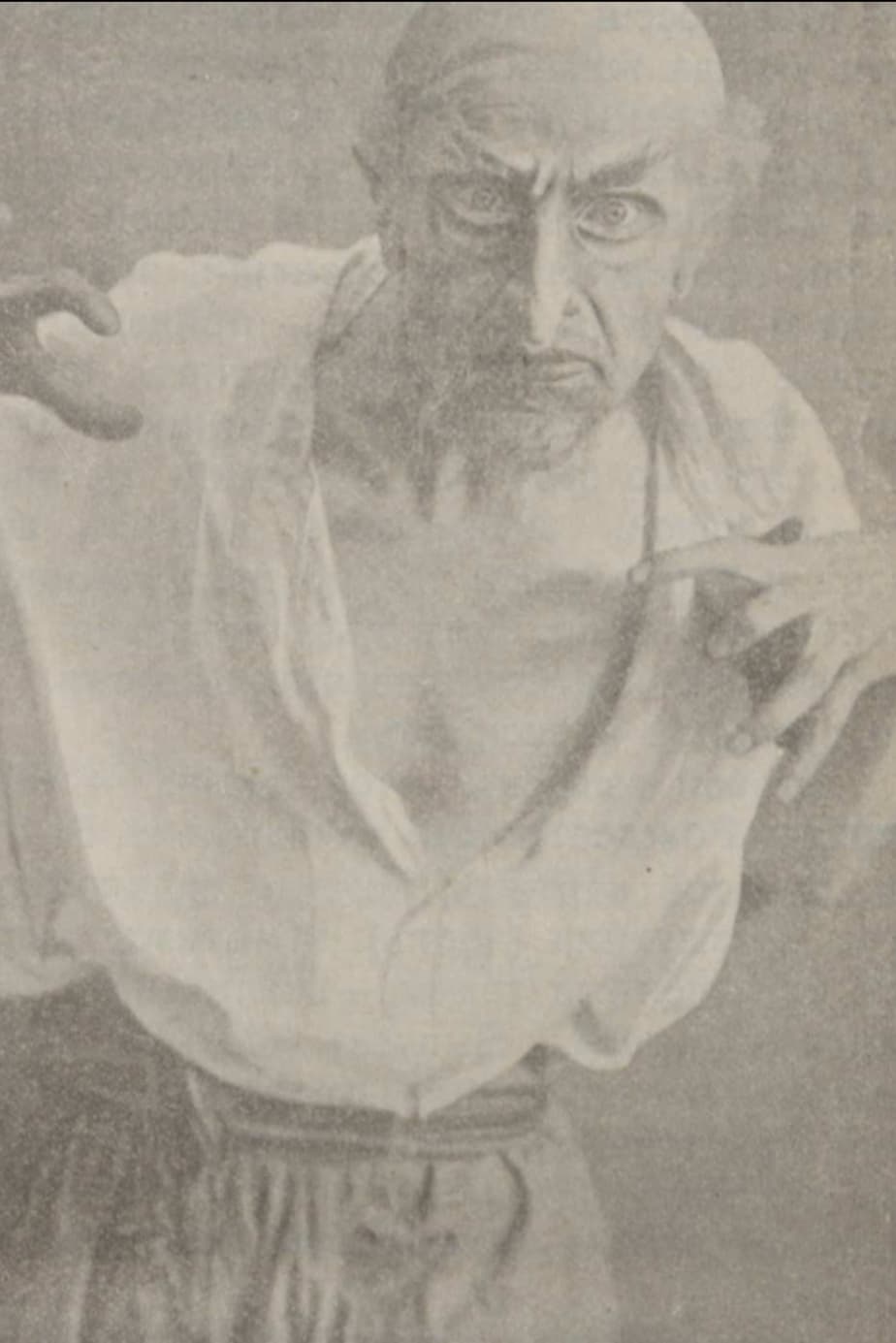
A Terrible Revenge
(Petro the wizard)
The Robber Brothers
(Younger brother)
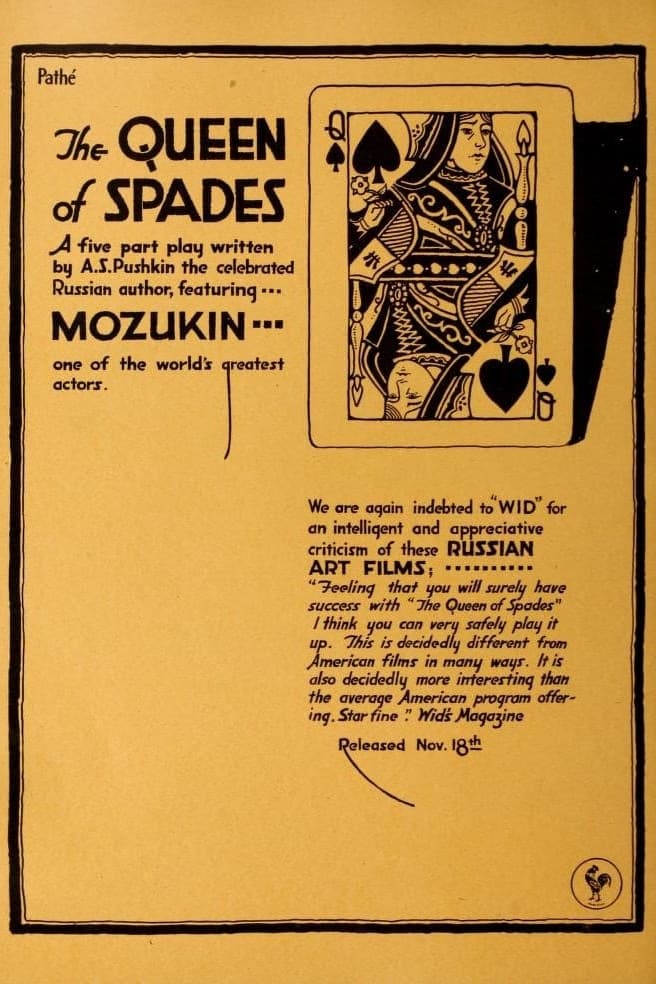
The Queen of Spades
(Hermann)
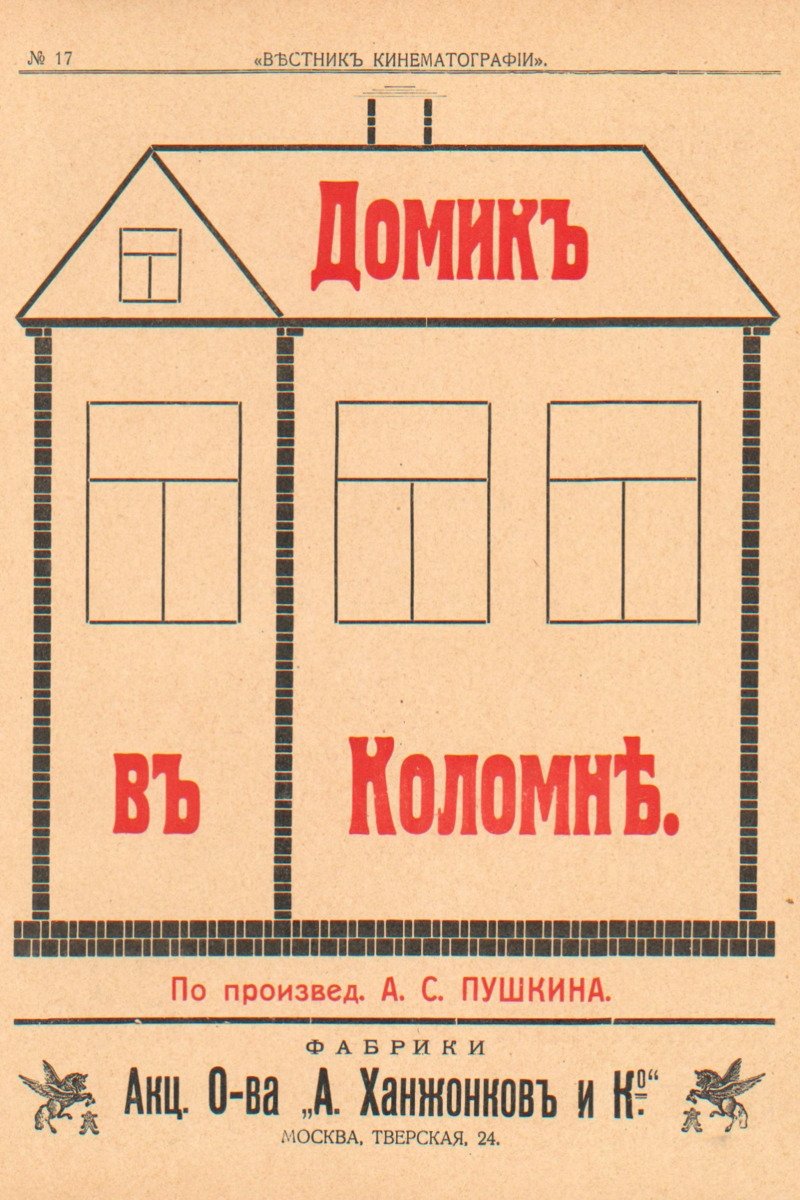
The Little House in Kolomna
(Hussar / Mavrusha)
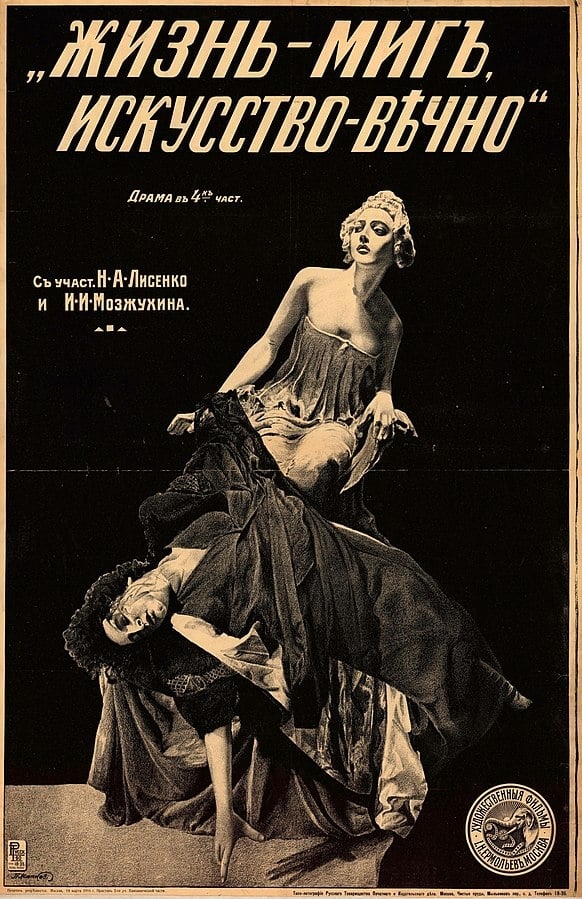
Life is a Moment, Art is Forever
(Prince Boleslav)
At Midnight in the Graveyard
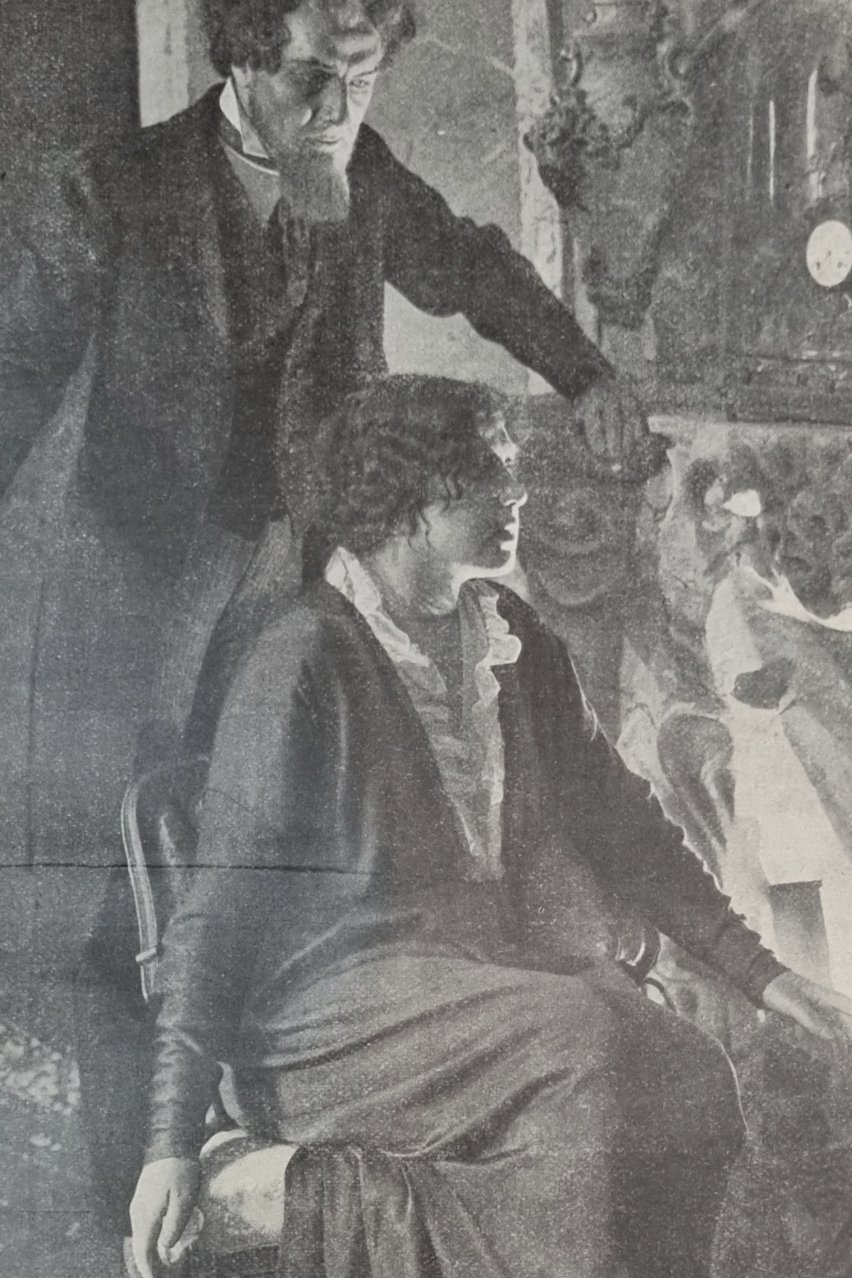
Life in Death
(Dr. Renaud)
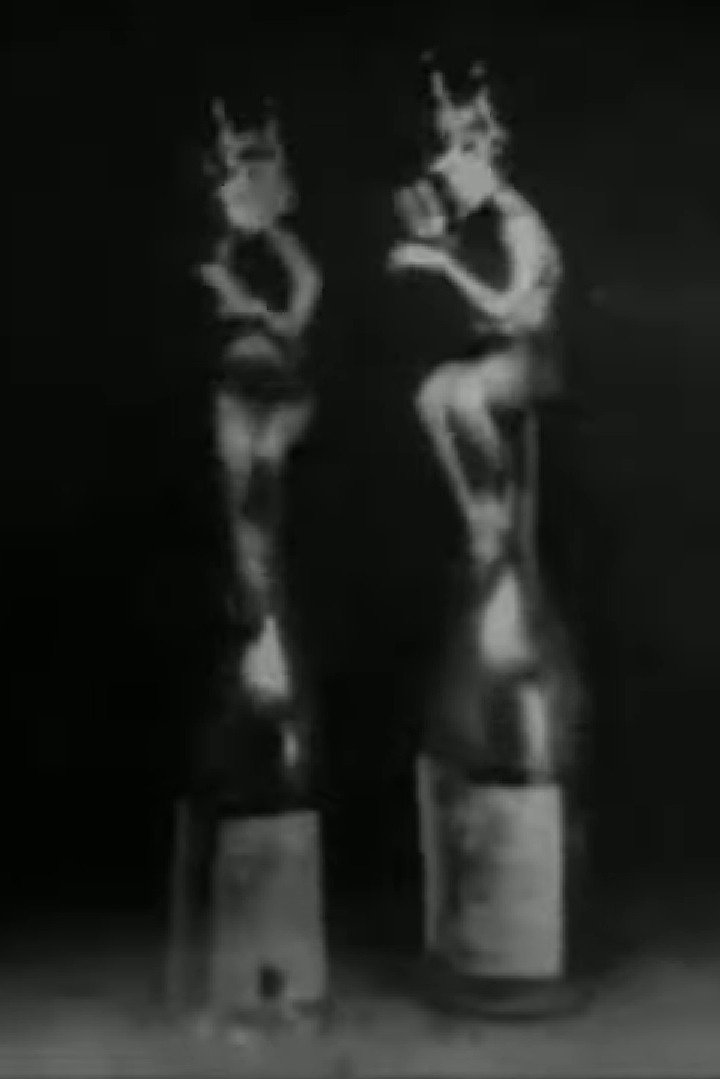
Alcoholism and Its Consequences
(Alcoholic)
Mysterious Someone
(Writer)

Wicked Night
(Georges Vinogradov, a student)
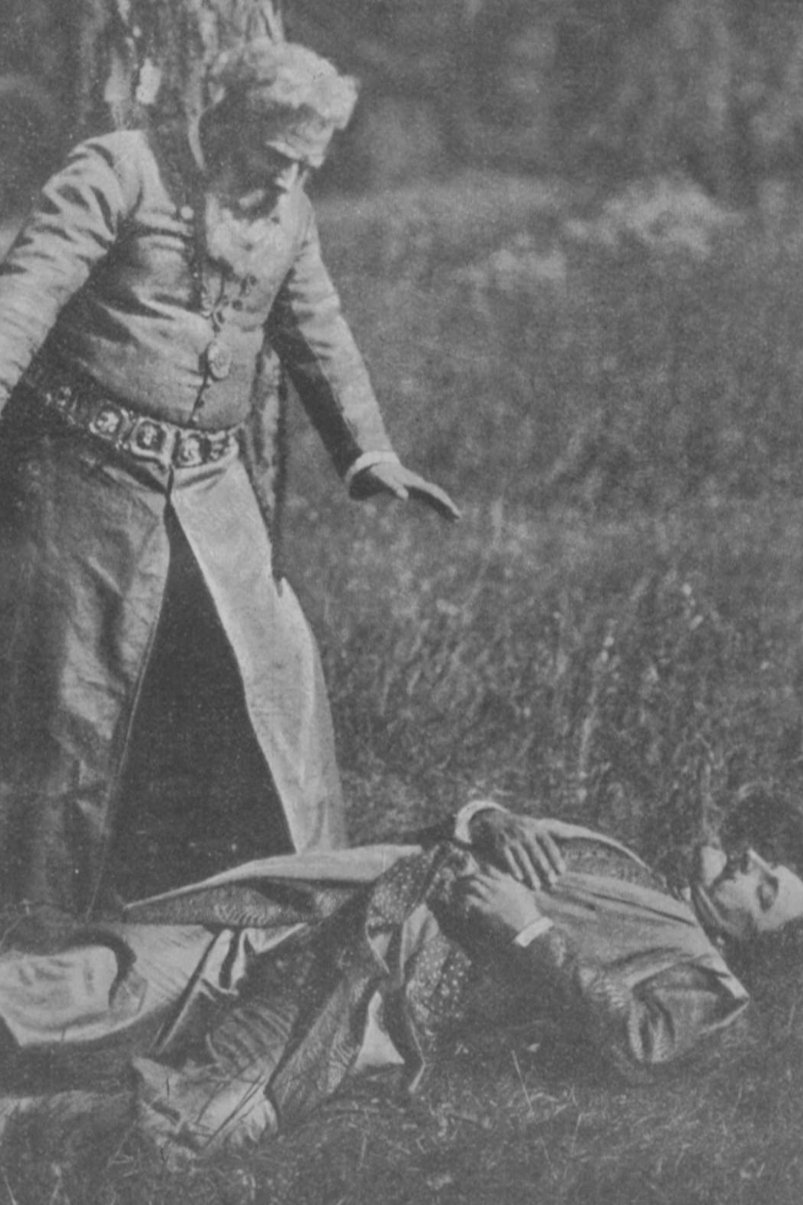
Mazepa
(Mazepa)
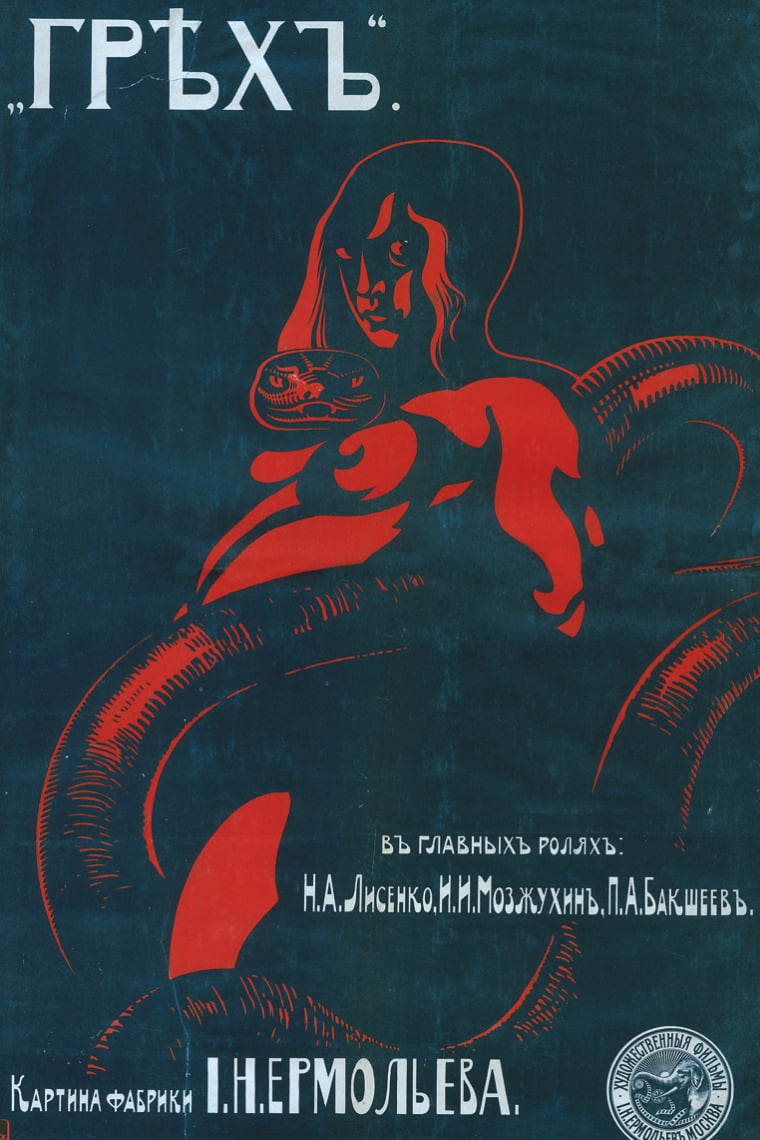
Sin
(Lavrov, engineer)
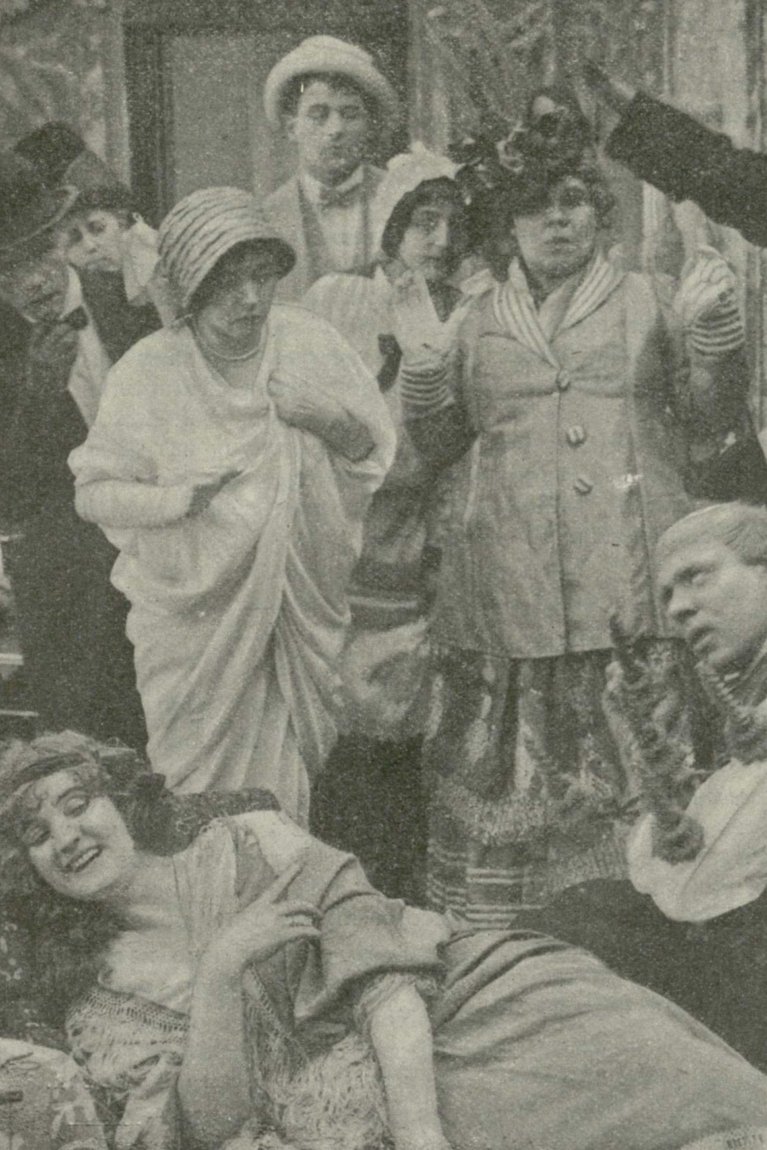
Her Heroic Feat
(Robert)
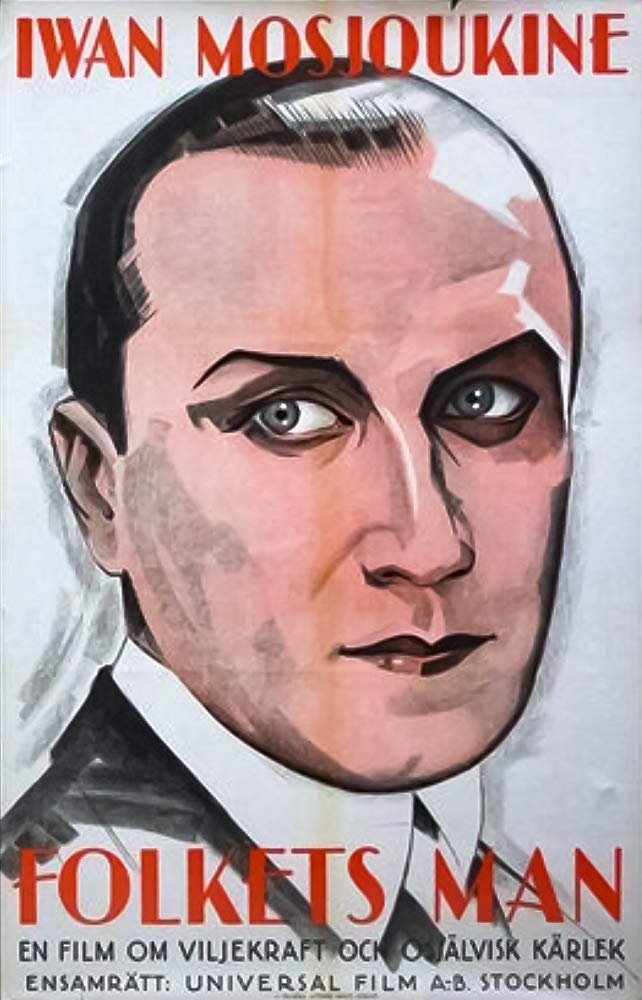
The President
(Chico/Pepe Torre, ein Bauer)
Member Of Parliament
(Lord Chilcote / Loder, writer)
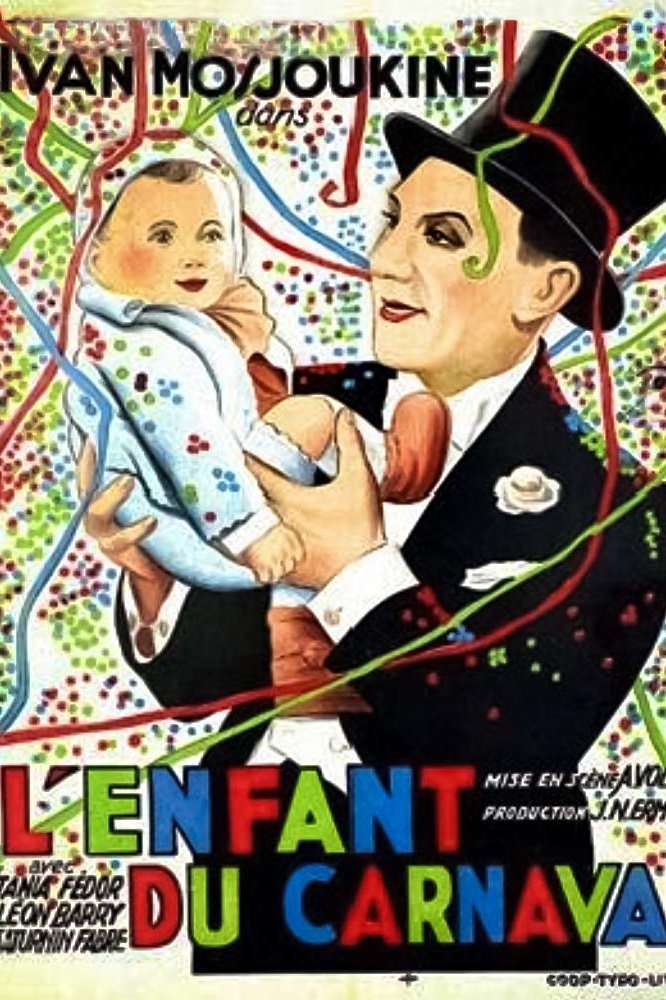
The Child of the Carnival
(Marquis Octave de Granier)
Tempêtes
(Henri)
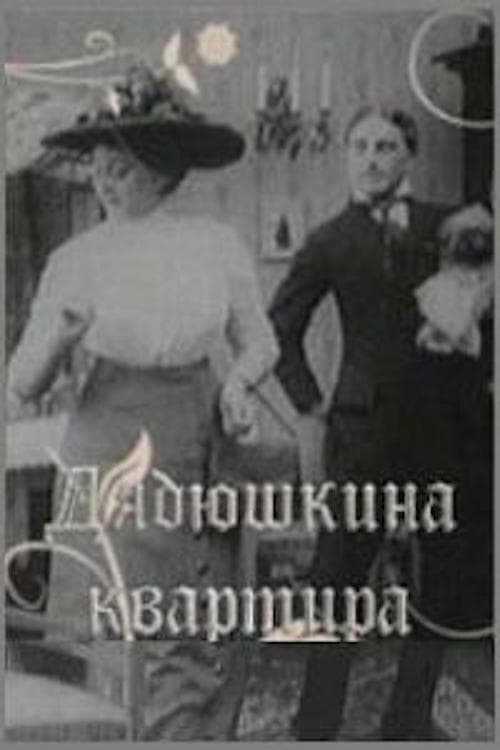
Uncle's Apartment
(Koko)
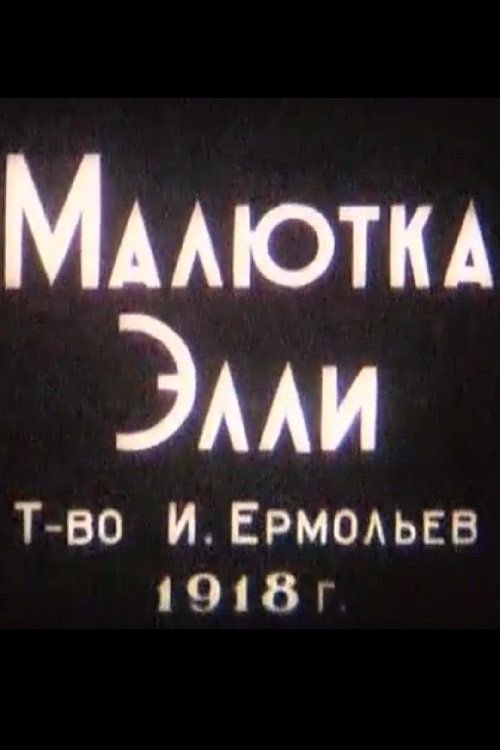
Little Ellie
(Norton, city's mayor)
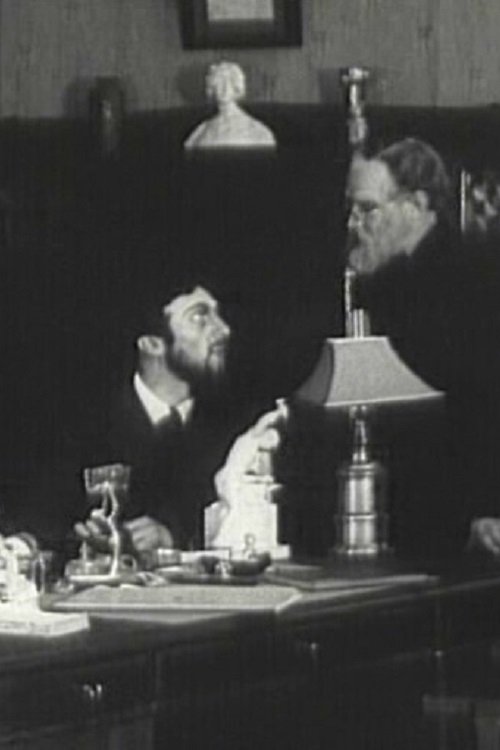
Sorrows of Sarah
(Isaak)
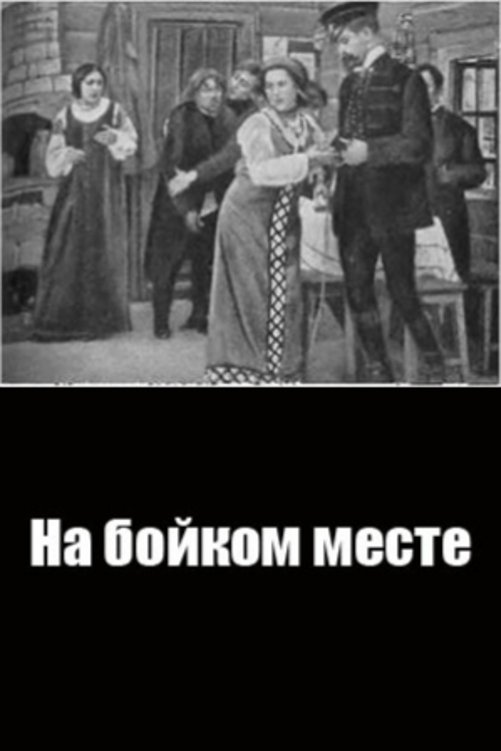
In A Lively Place
(The coachman)
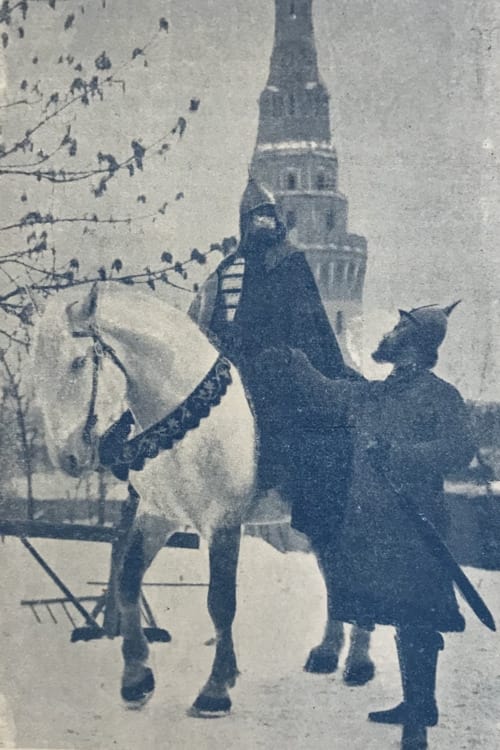
Accession of the Romanov Dynasty
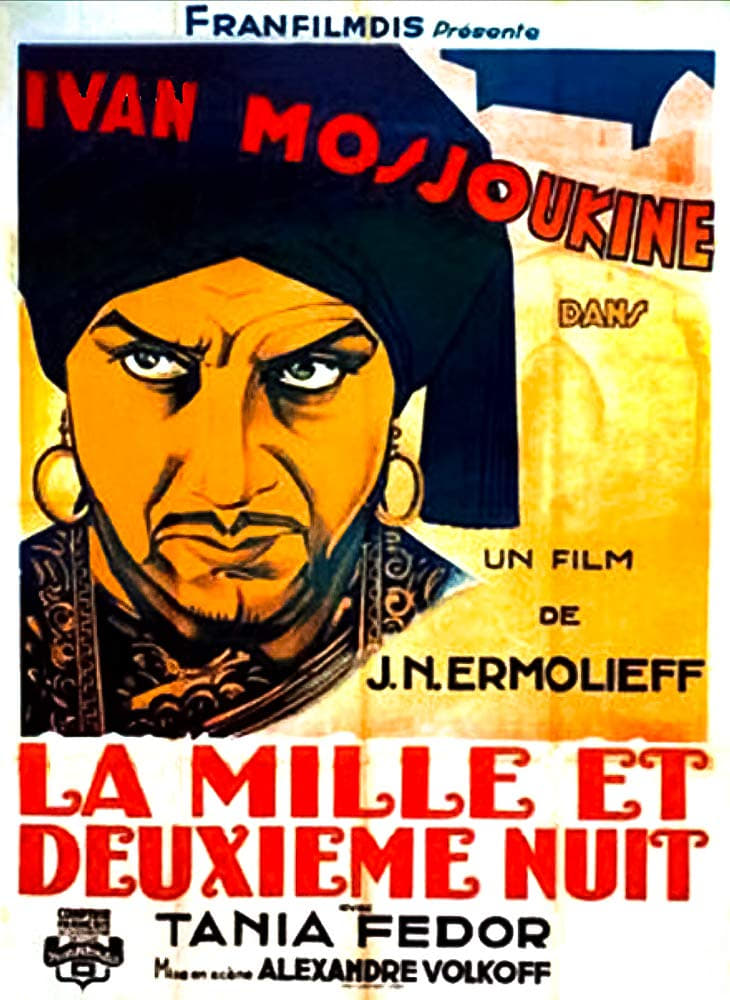
The 1002nd Night
(Tahar)
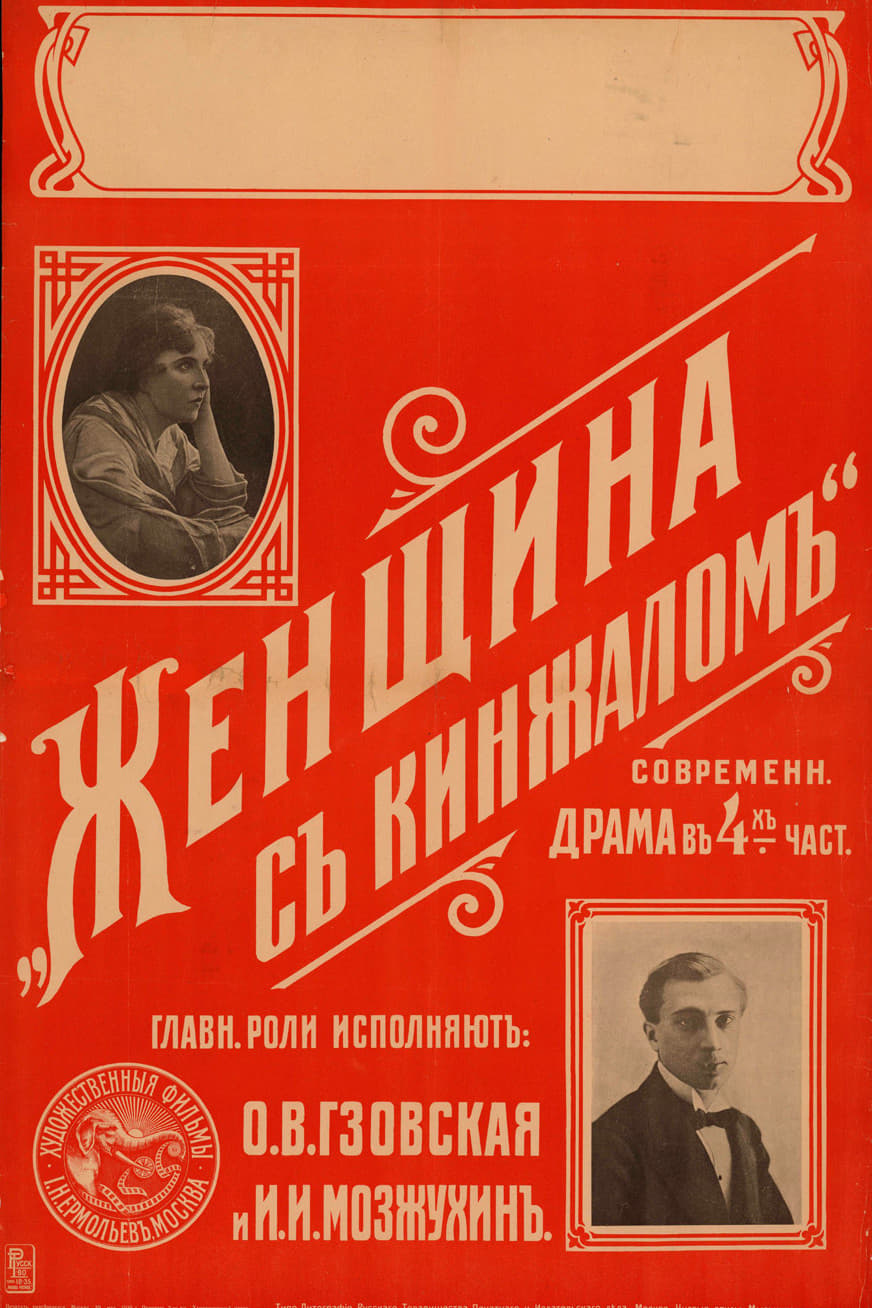
The Dagger Woman
(Sakhovskiy, the painter)
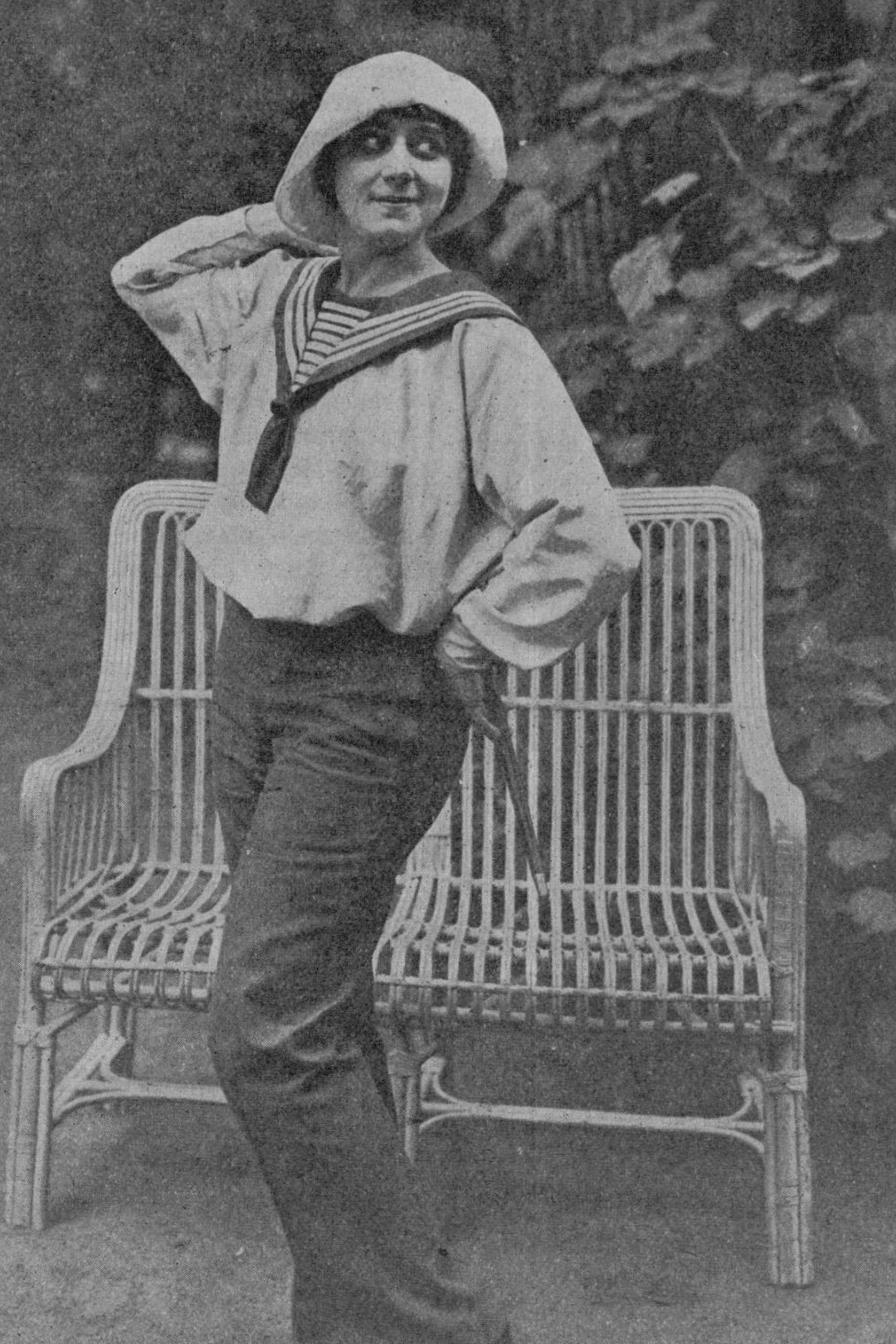
Tomboy
(Anatoliy, painter)
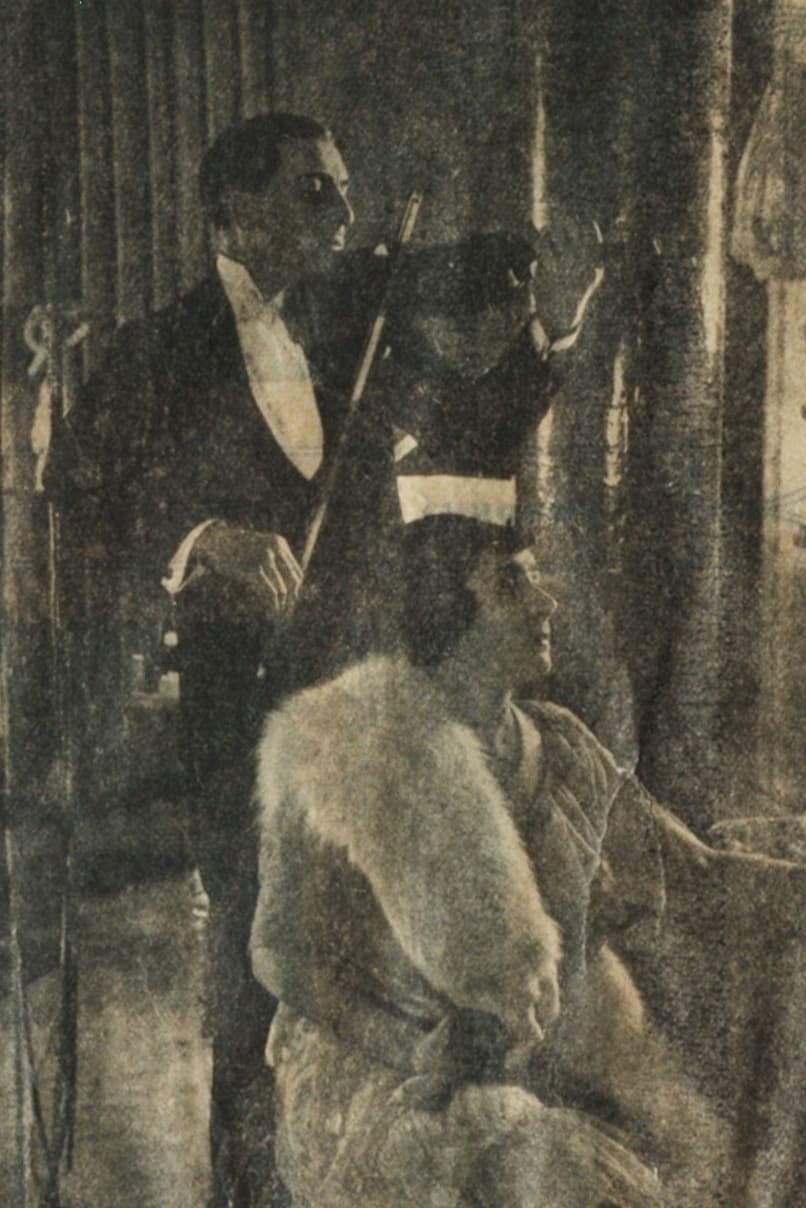
Do You Remember?..
(Yaron)
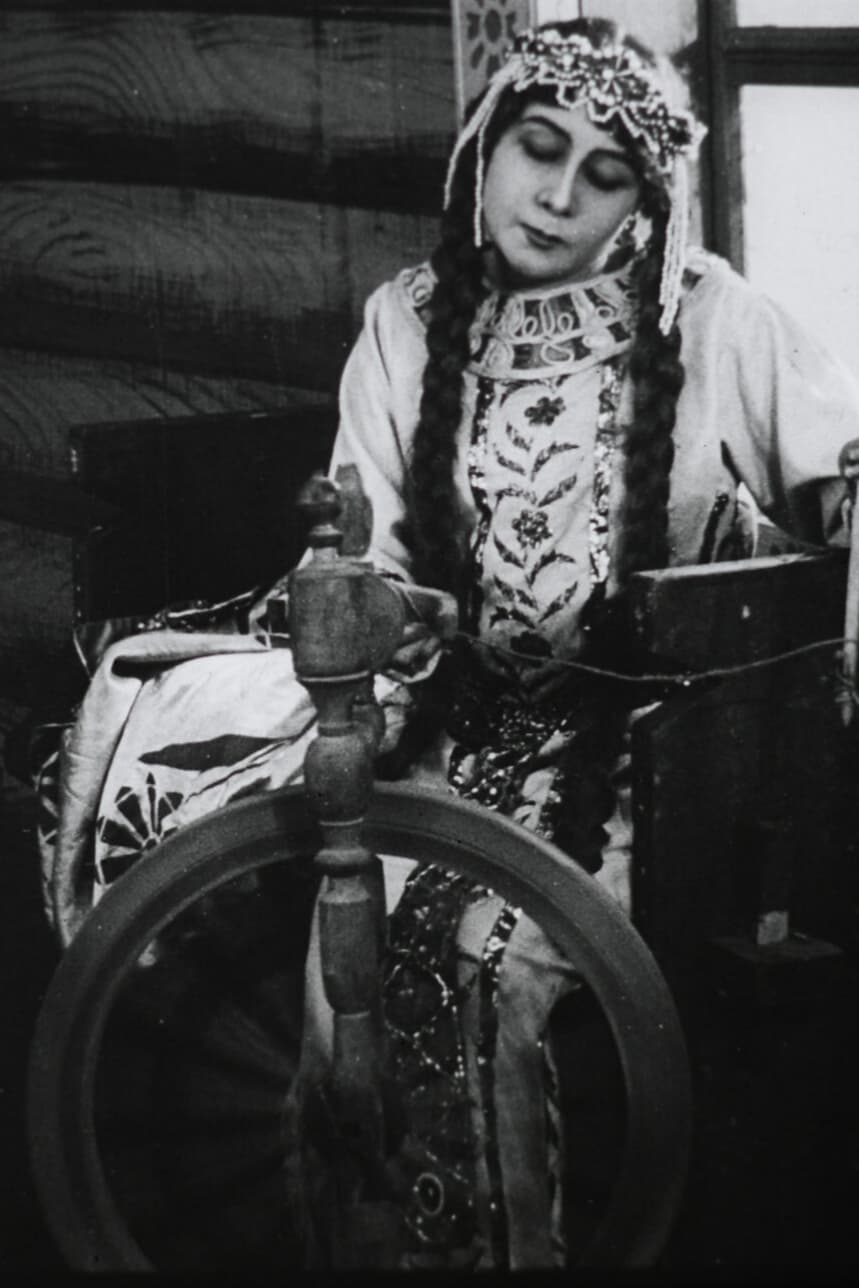
The Tale of the Sleeping Princess and the Seven Knights
(Prince Elisei)
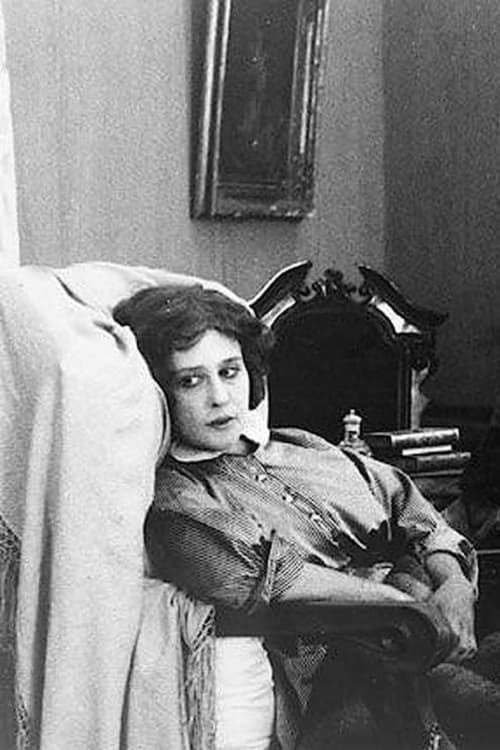
The Precipice
(Rayskiy)
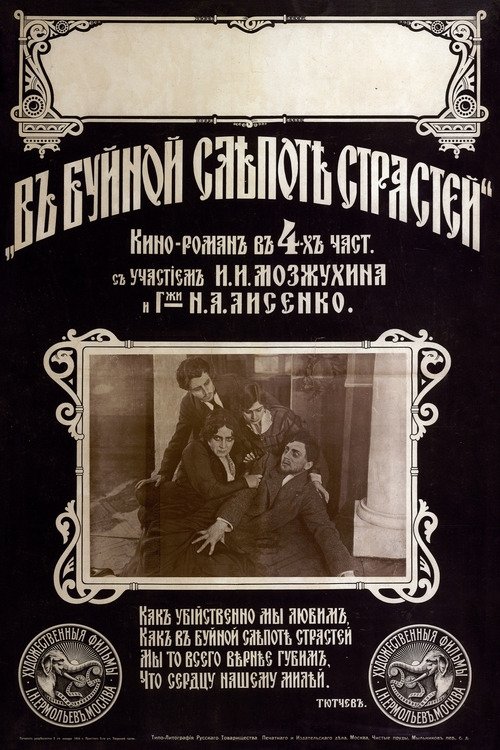
In The Wild Blindness Of Desires
(Nikolay)
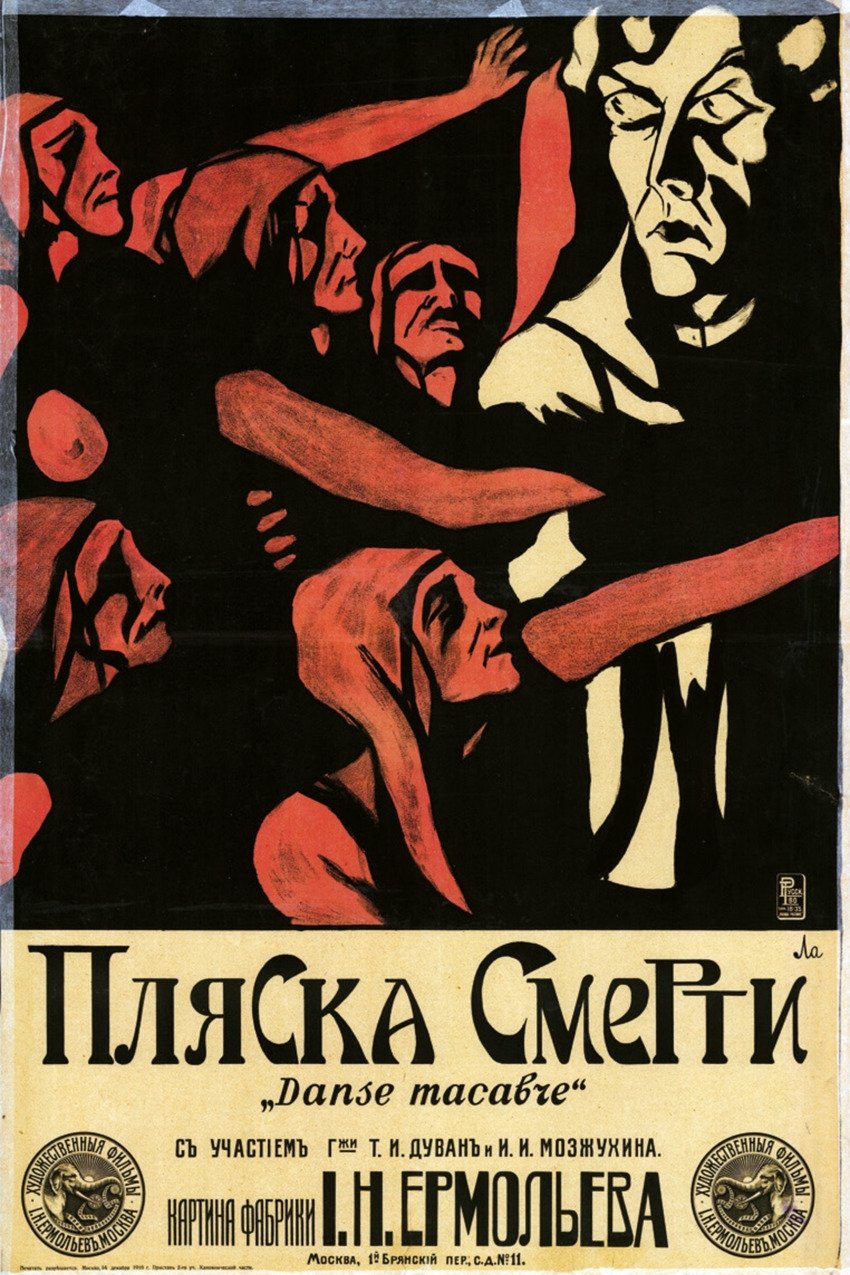
Dance of Death
(Mark Galich, music composer)
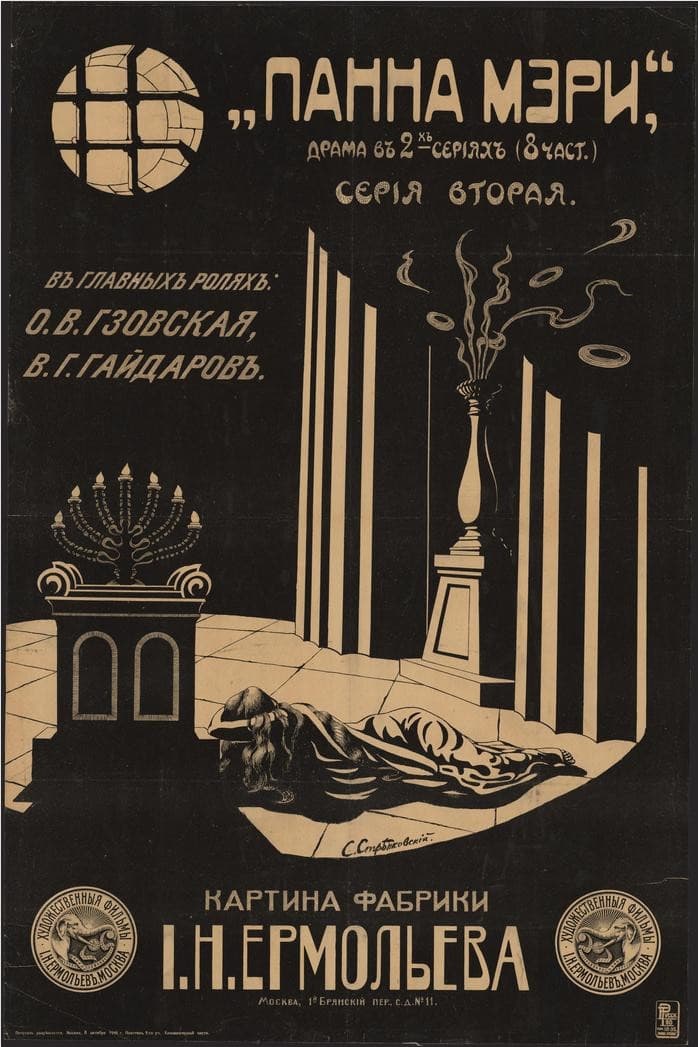
Panna Meri
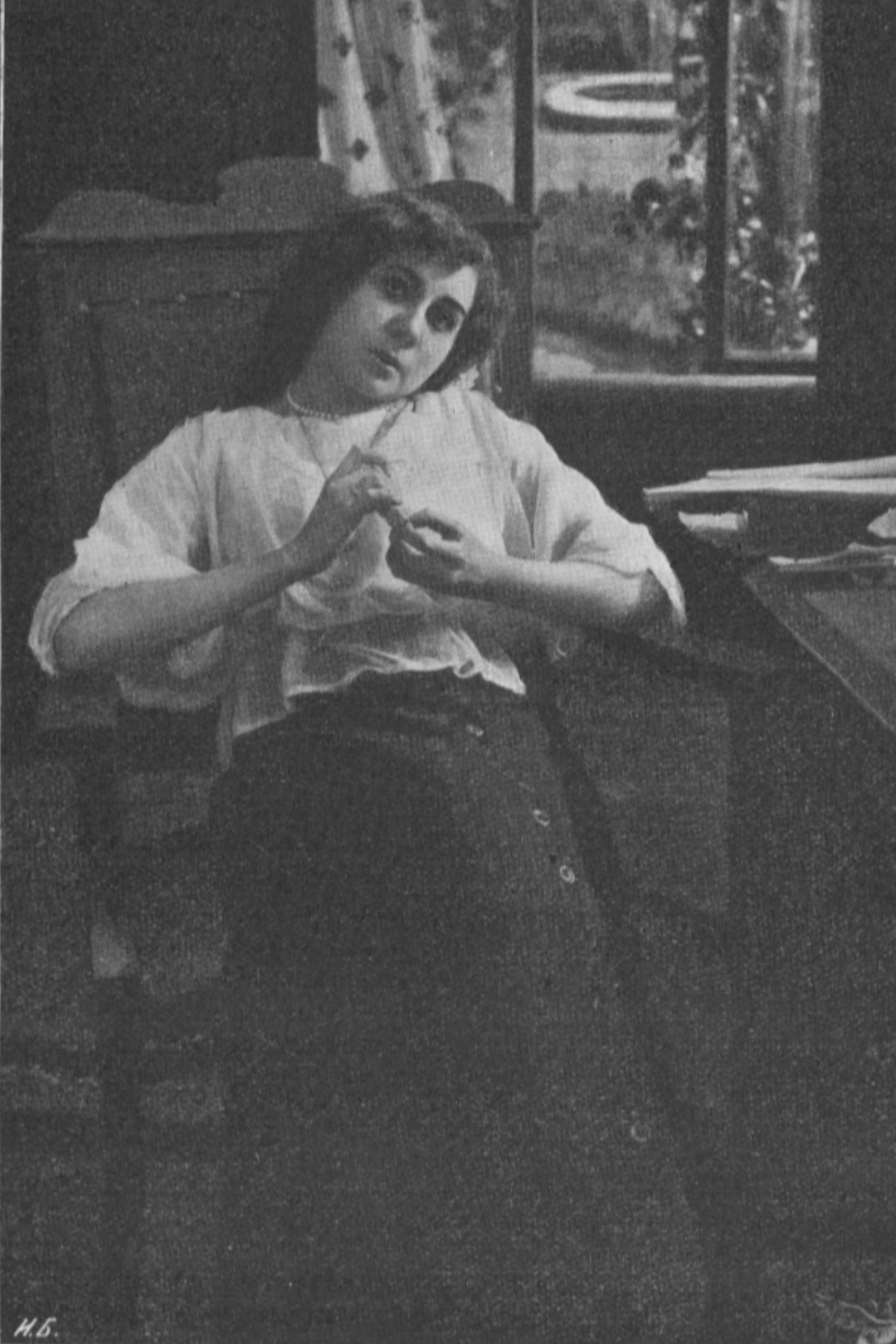
Brothers
(Aleksey)
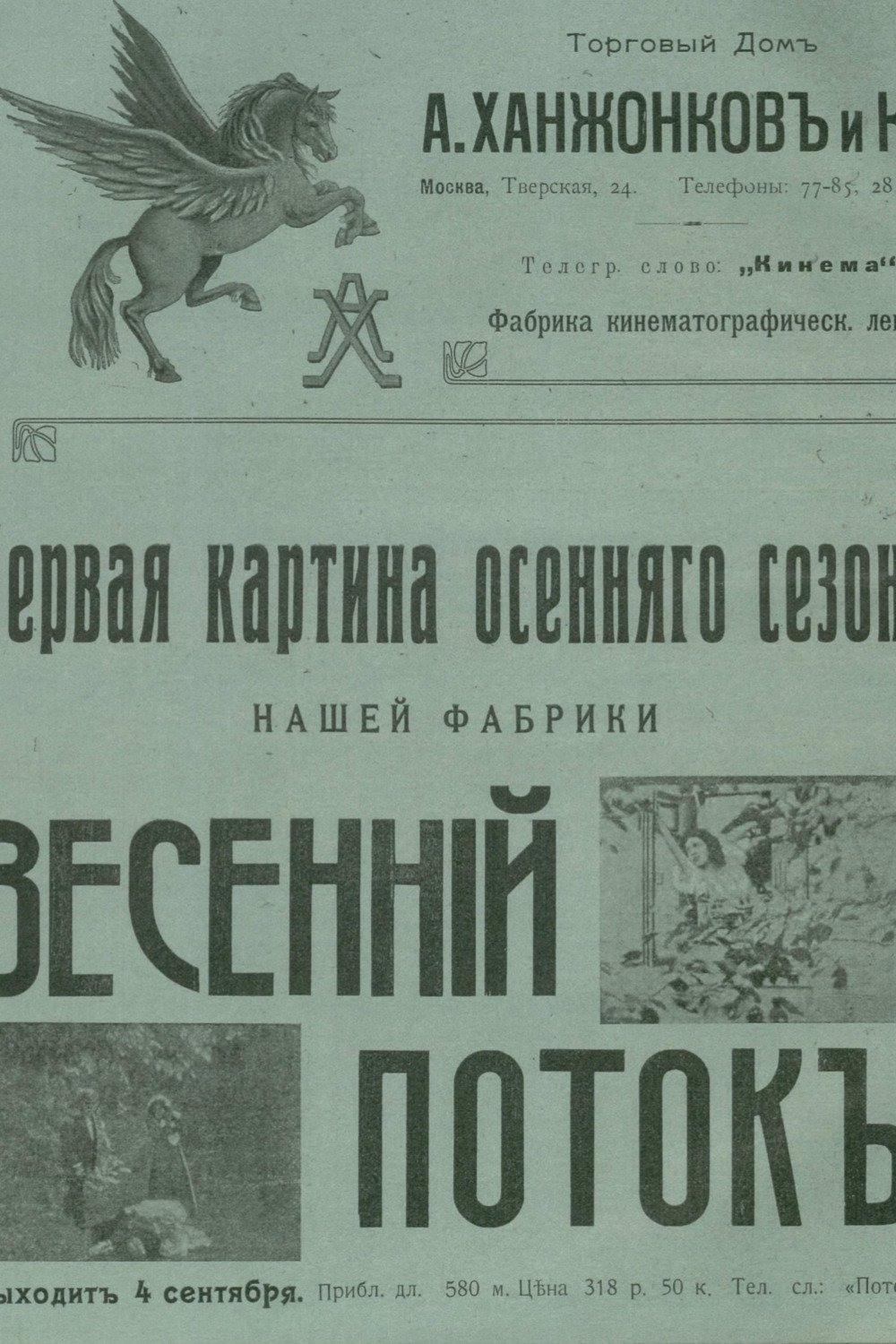
The Spring's Stream
(Albov, the painter)
The Man
(Boris, Barkov's son)
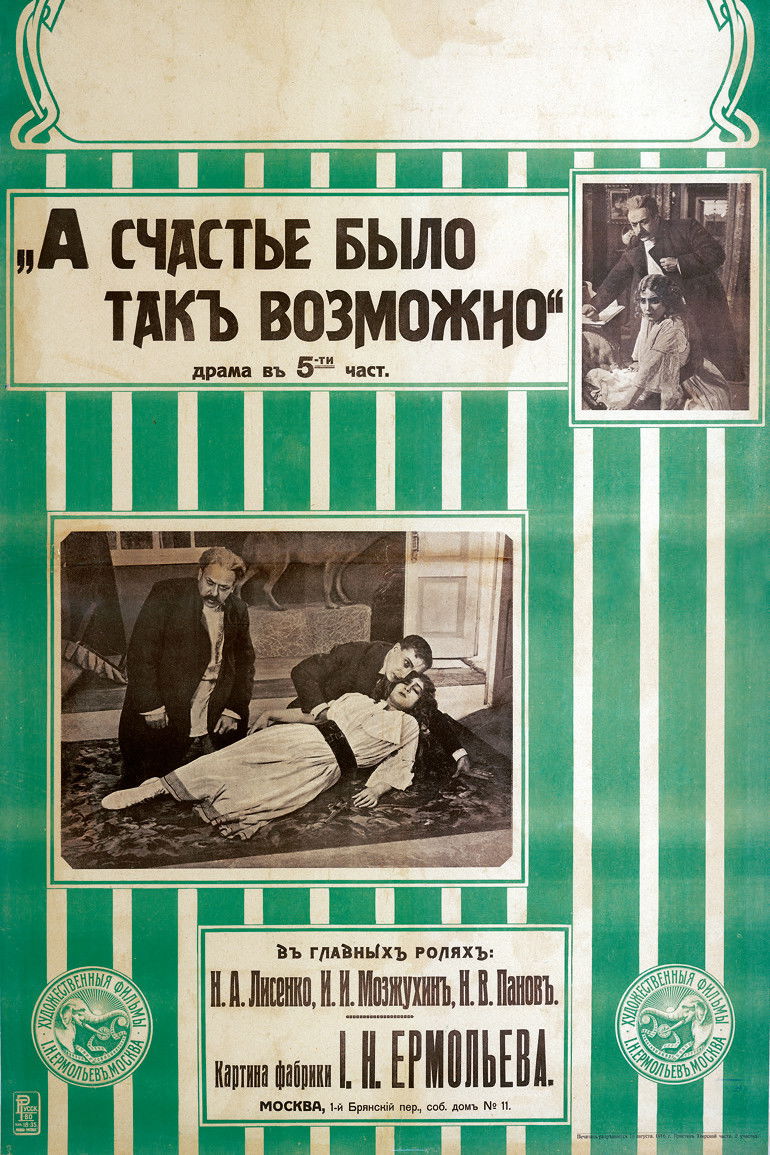
А счастье было так возможно

The Burning Crucible
(Director)

L'enfant du carnaval
(Writer)

A Narrow Escape
(Screenplay)

The Lion of the Moguls
(Idea)

The Burning Crucible
(Scenario Writer)

Sin
(Writer)

Kean
(Screenplay)

The House of Mystery
(Writer)

Justice d'abord
(Writer)

The Child of the Carnival
(Writer)

The Child of the Carnival
(Director)

Les Ombres Qui Passent
(Scenario Writer)
Nuit de carnaval
(Screenplay)

Loves of Casanova
(Screenplay)

The Burning Crucible
(Screenplay)

Kean
(Director of Photography)